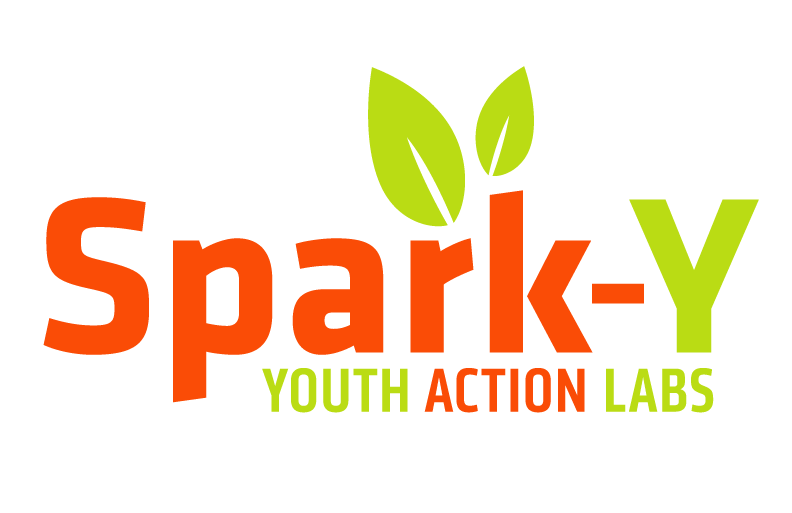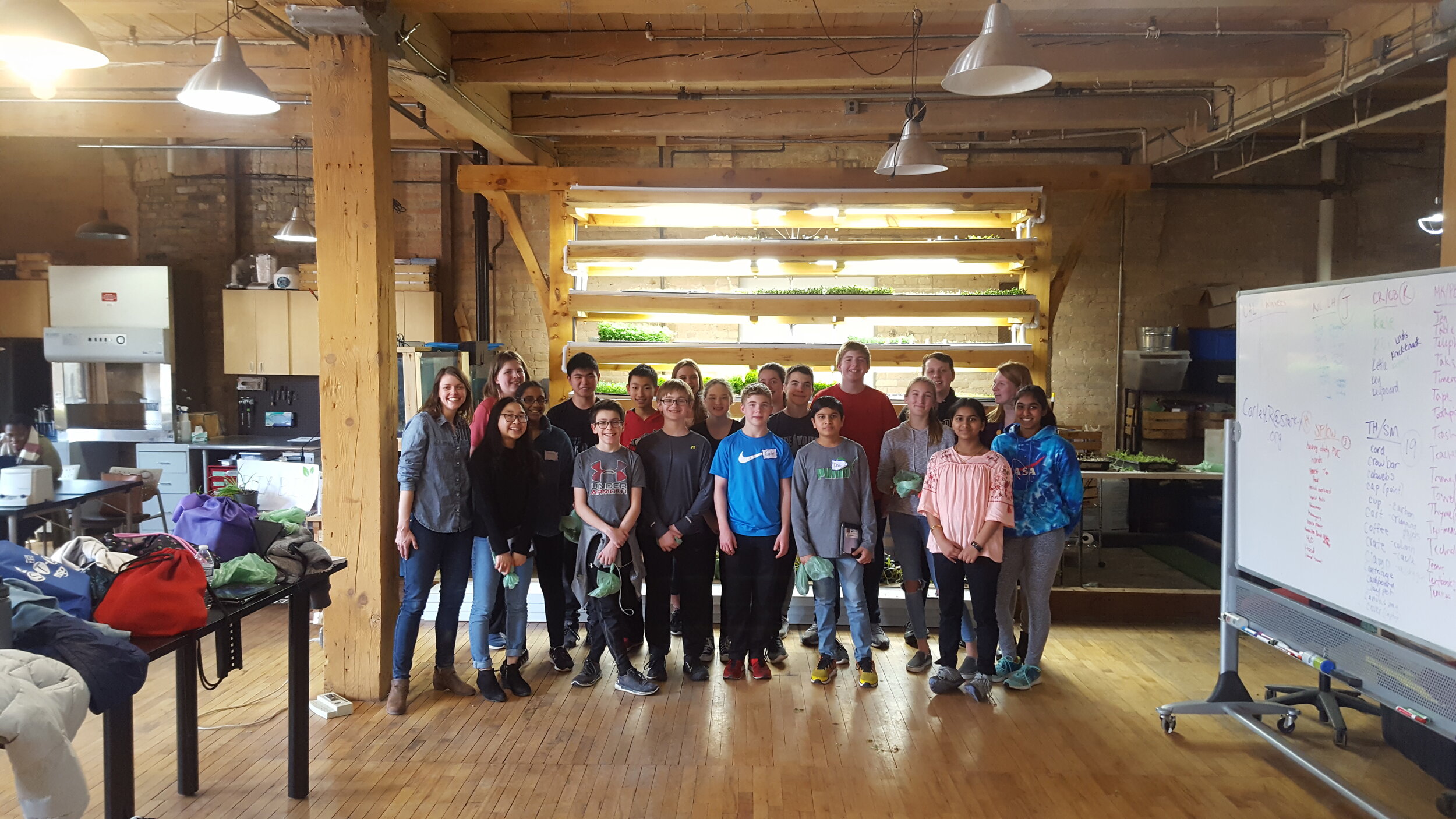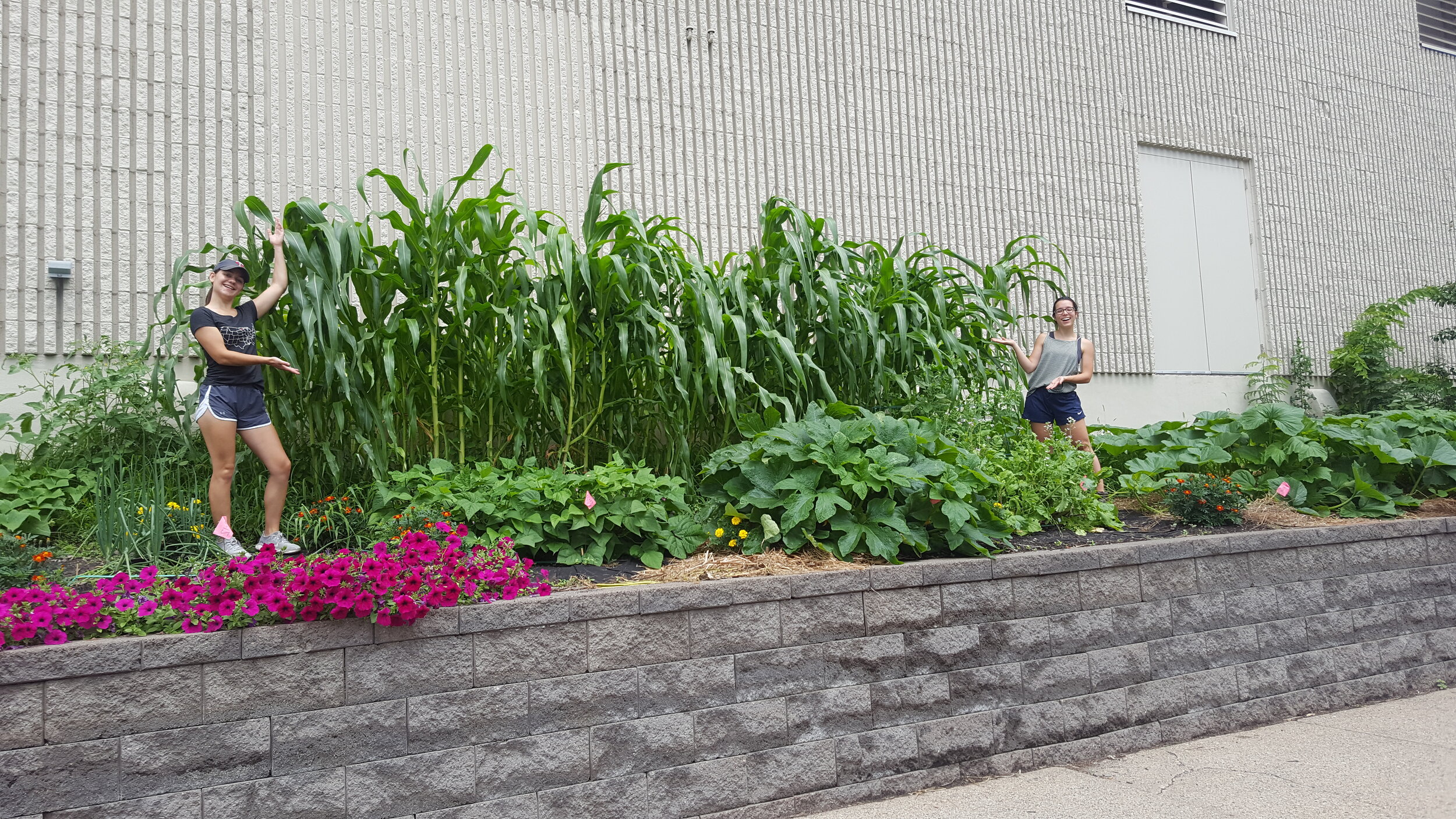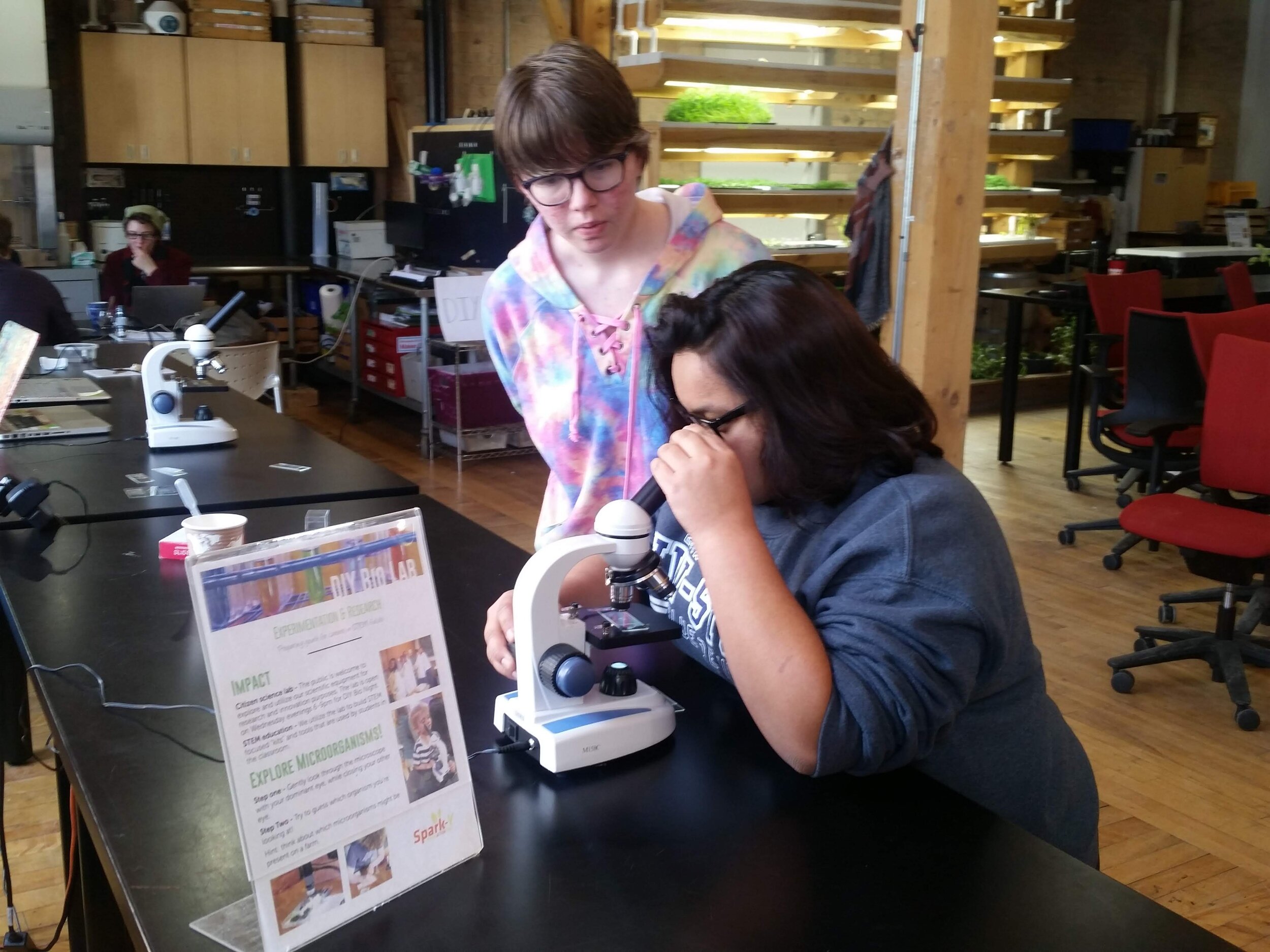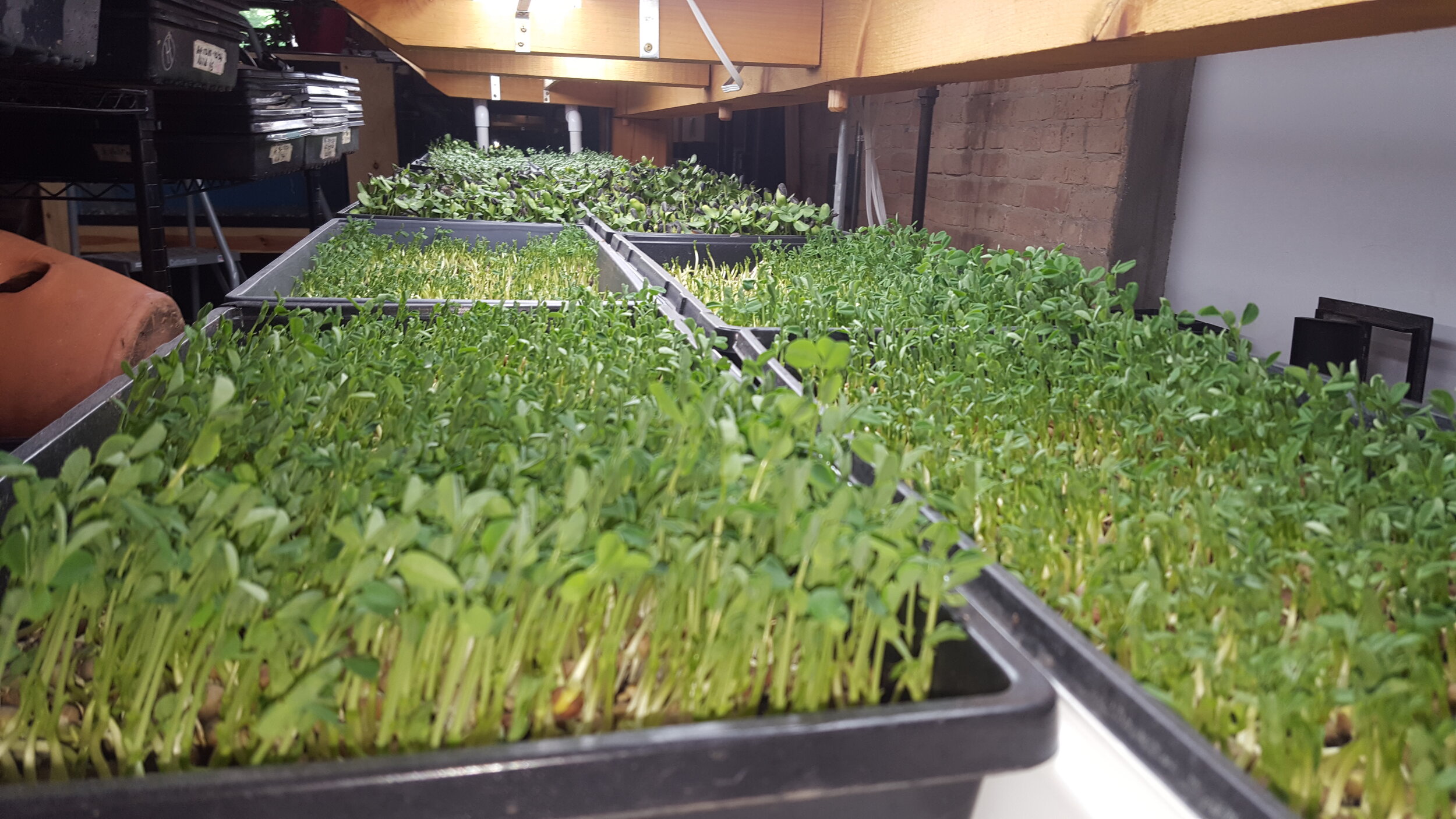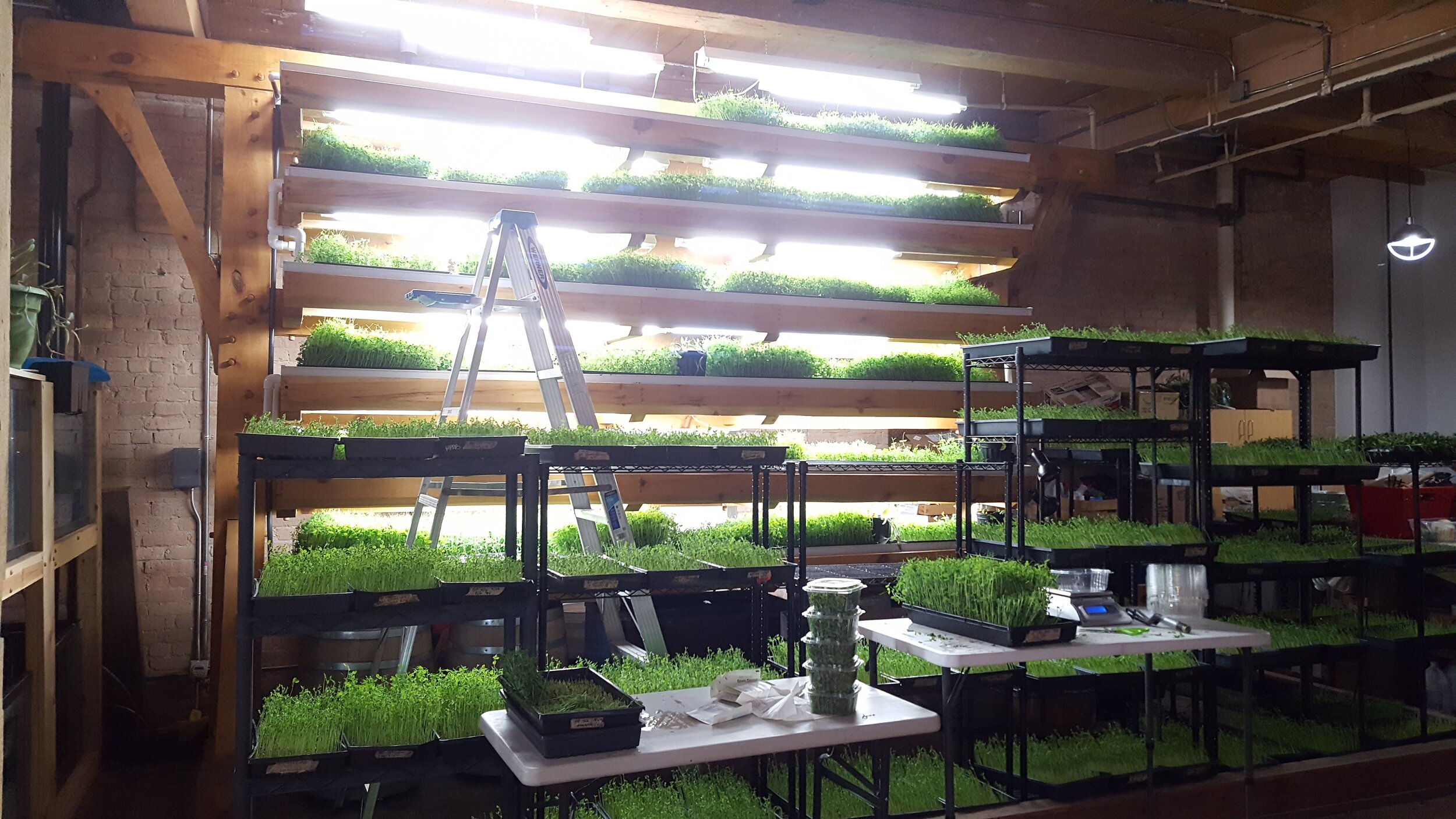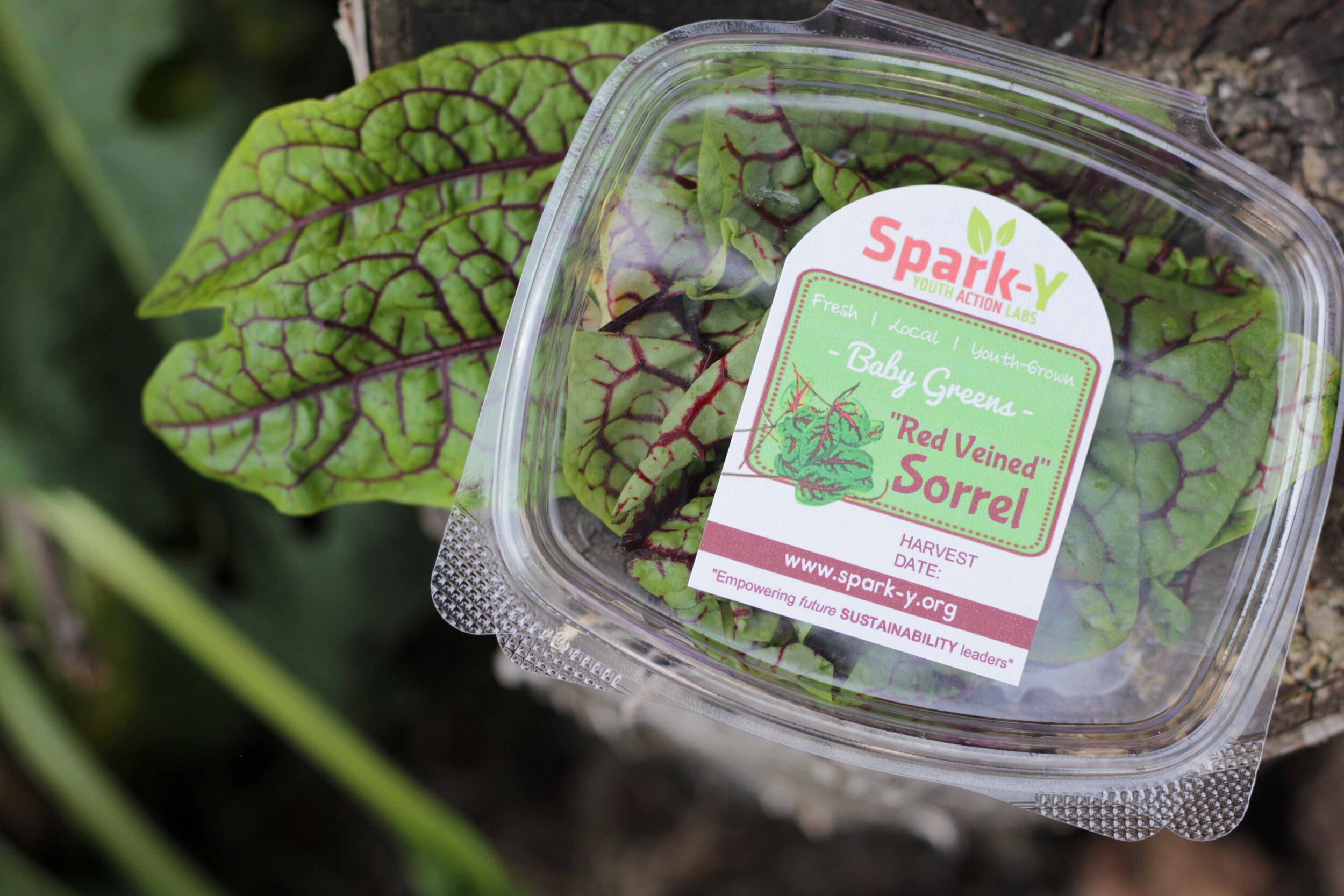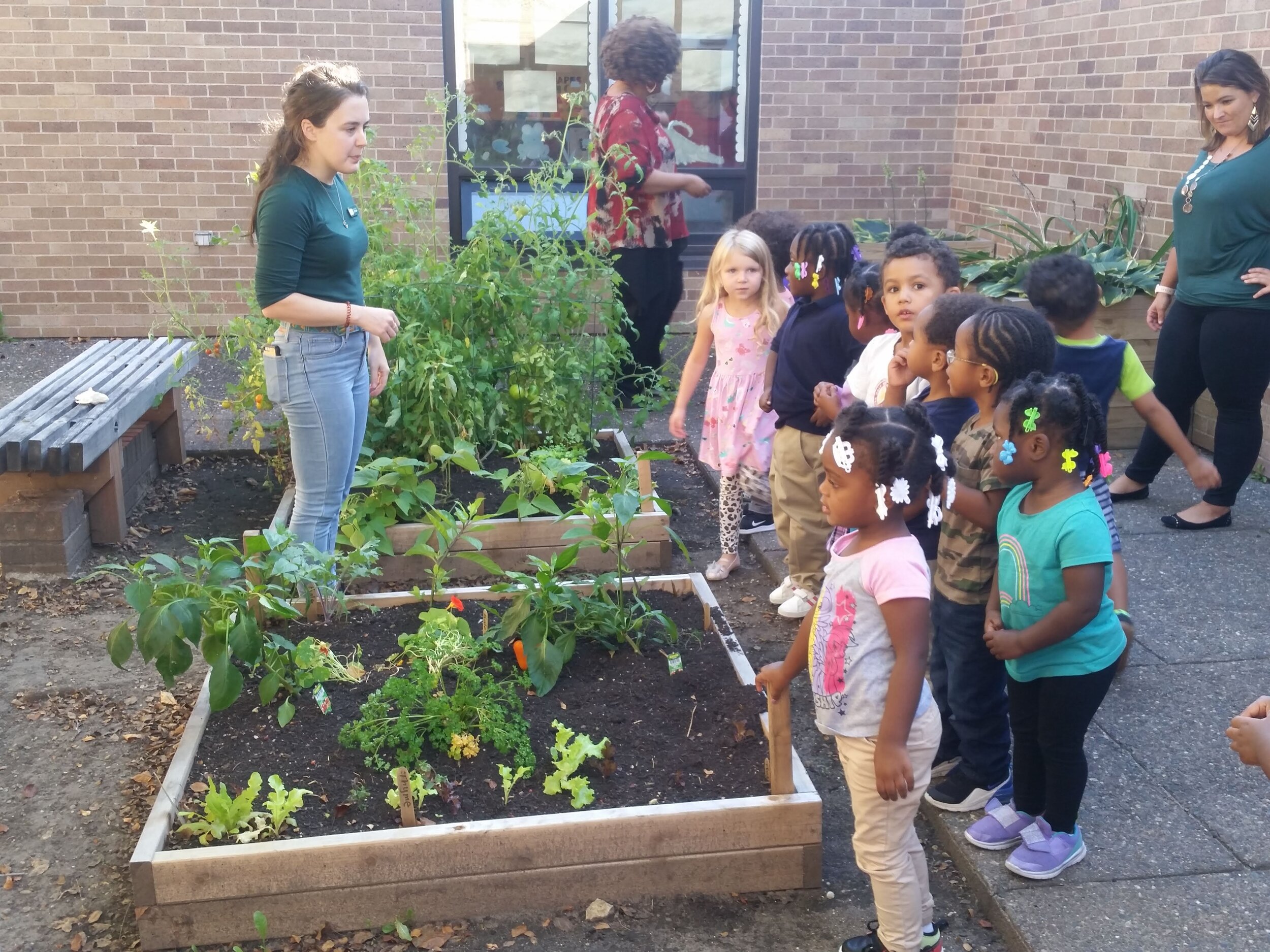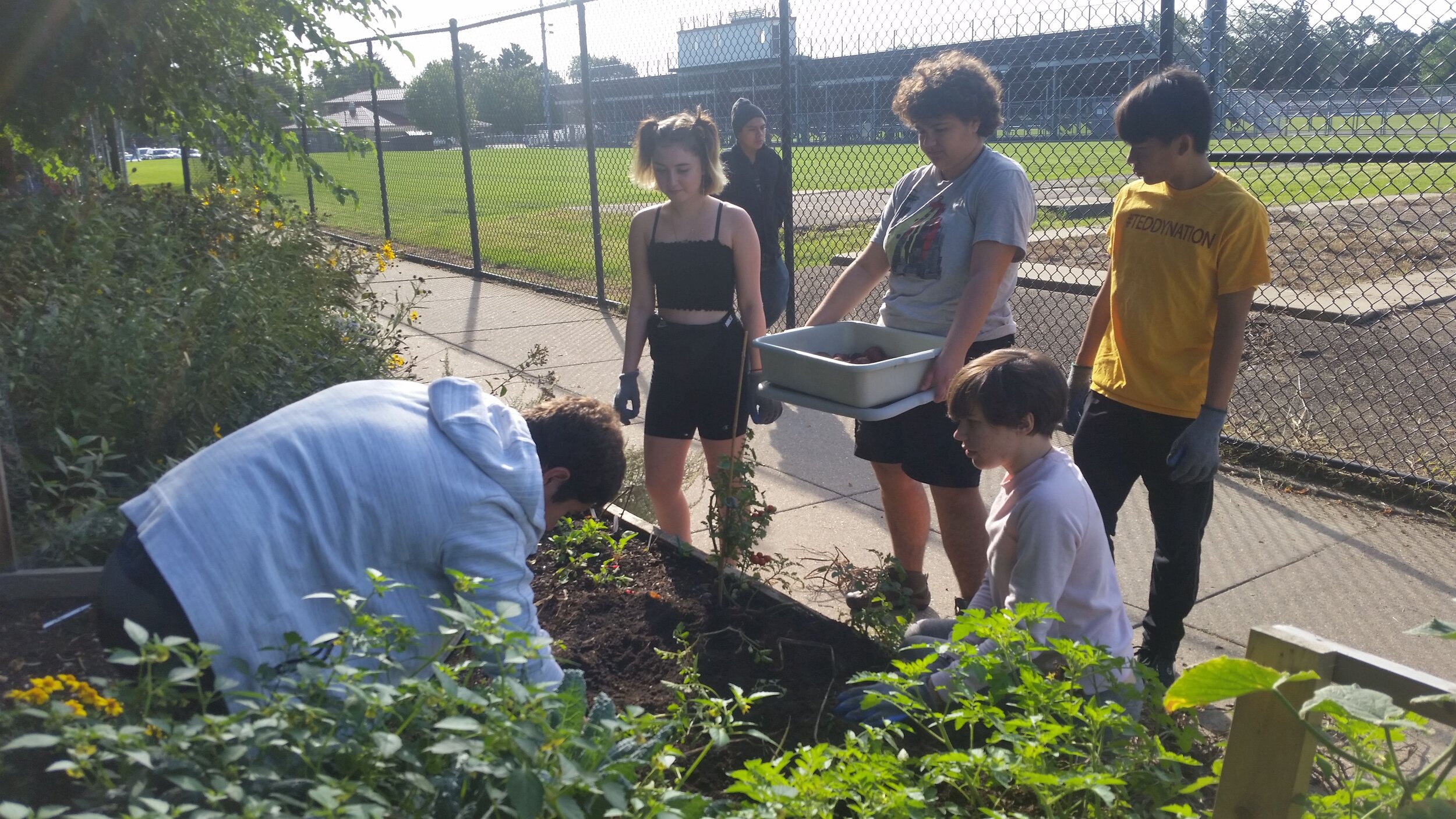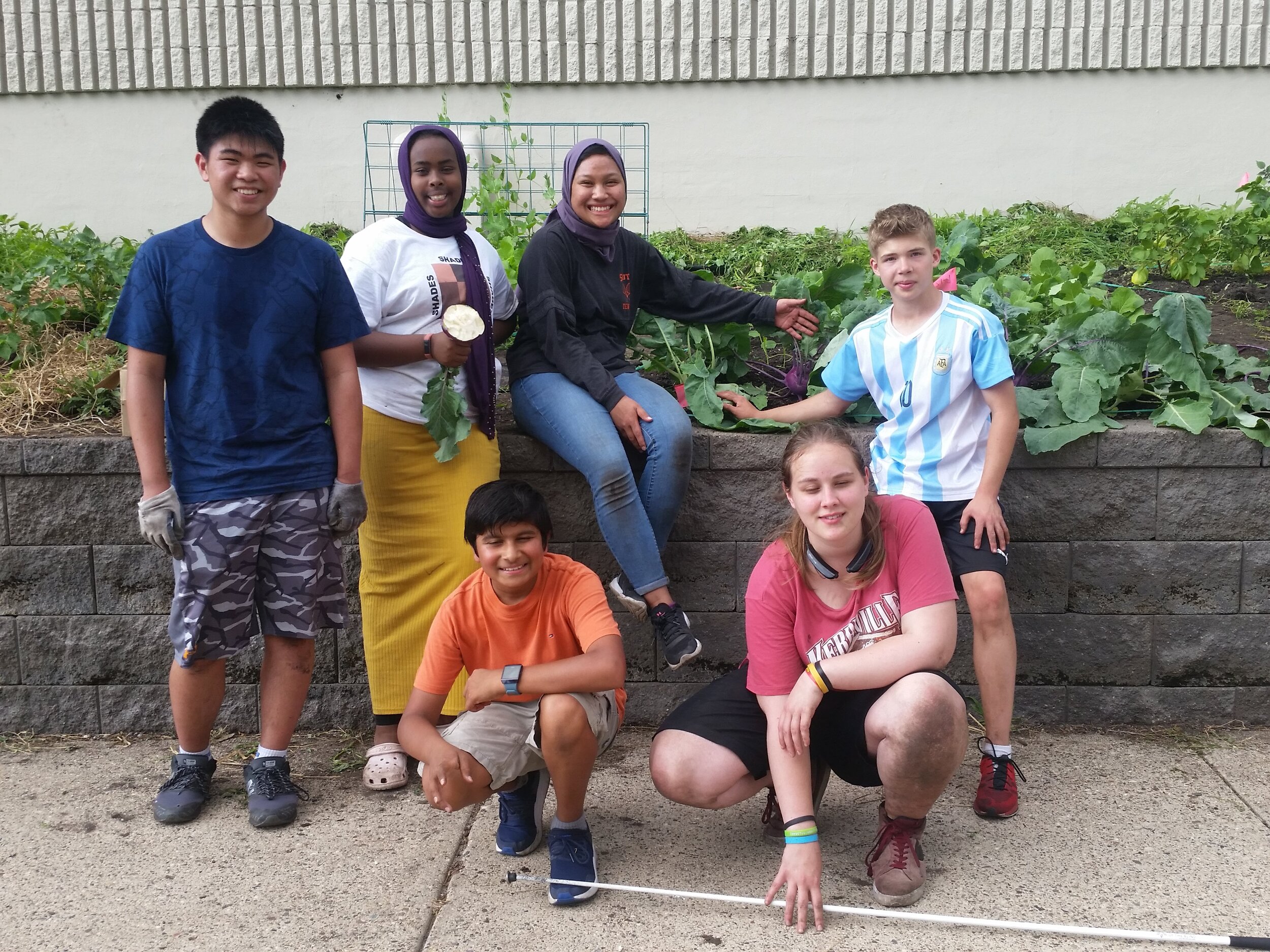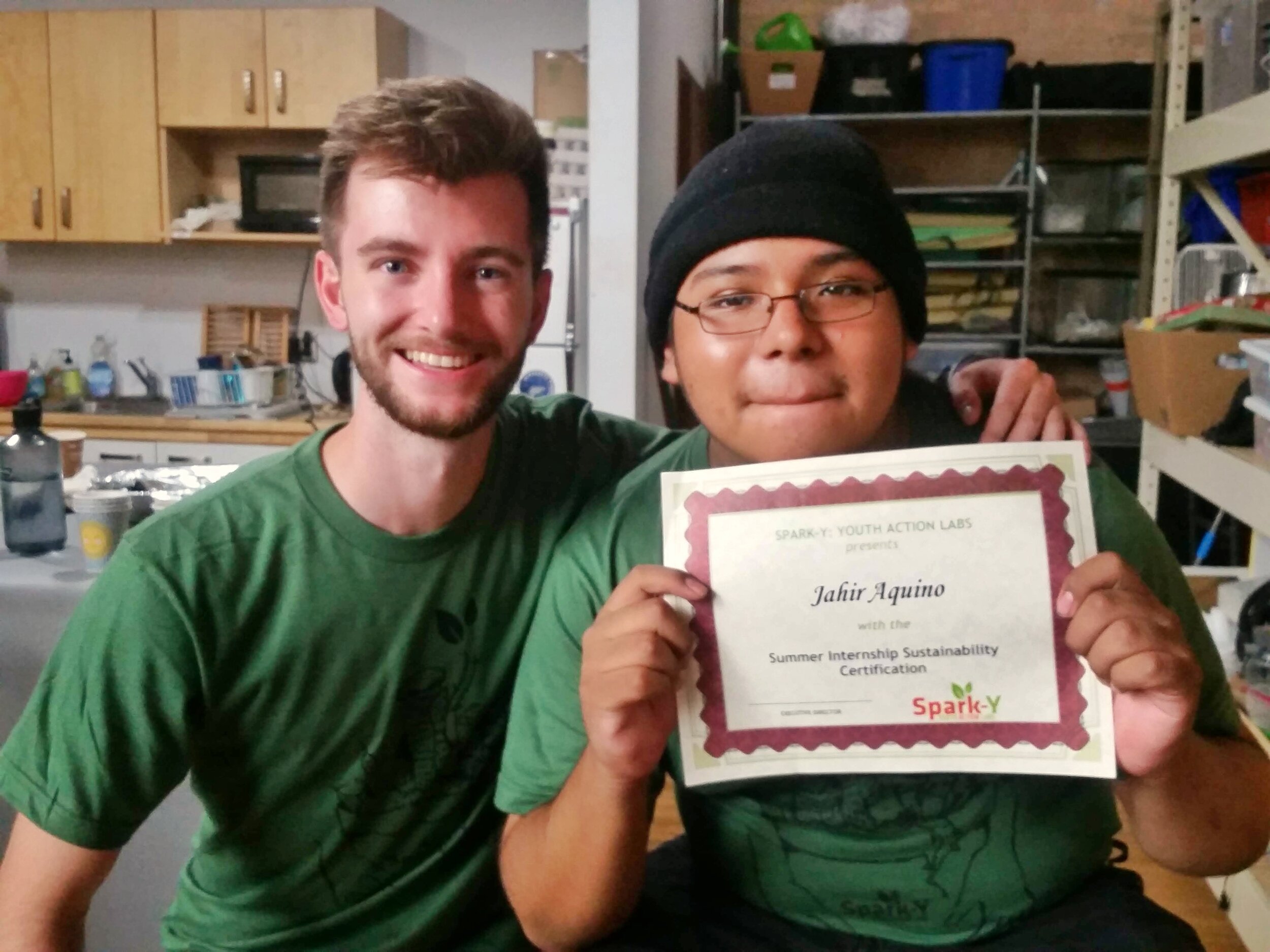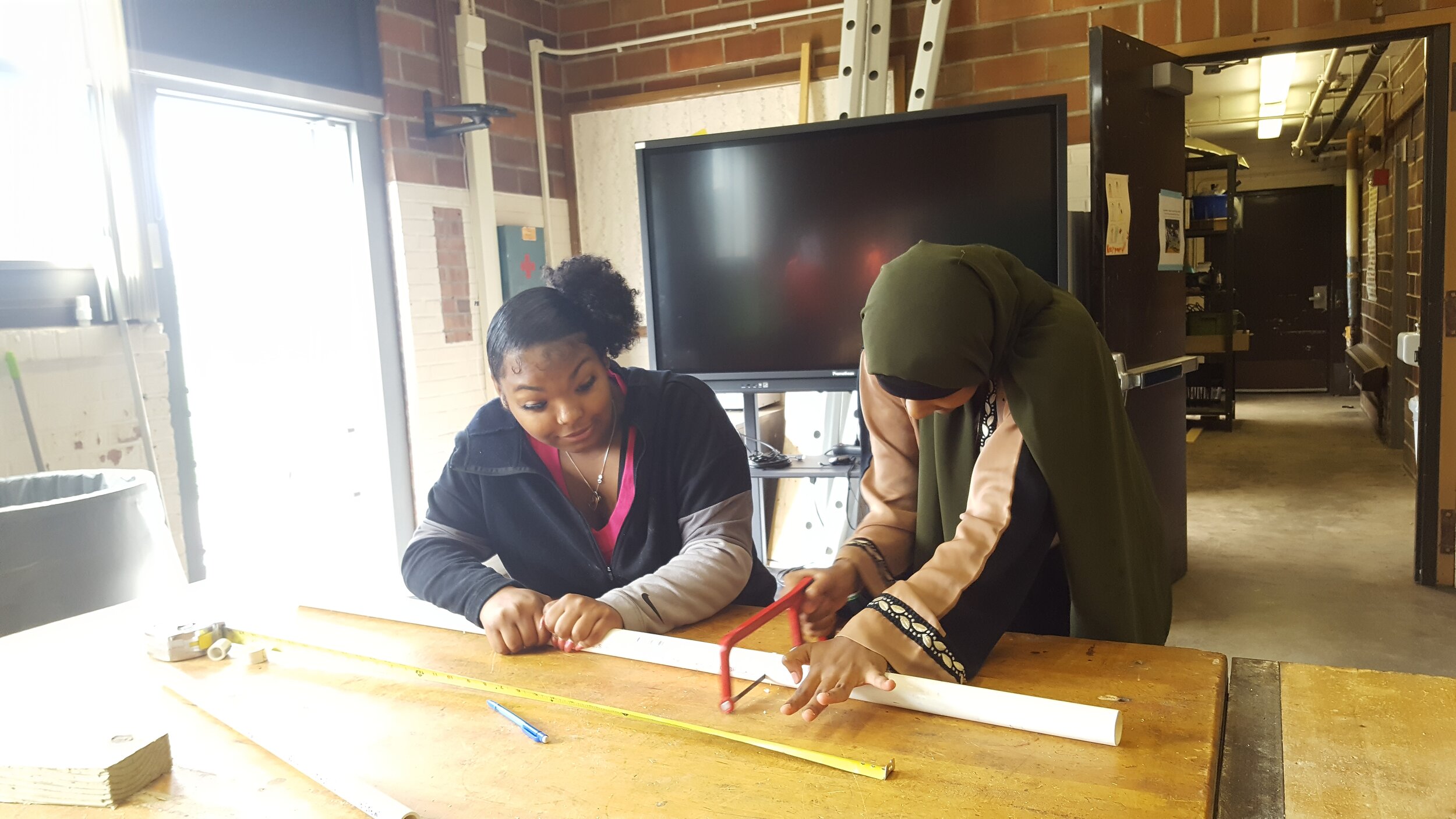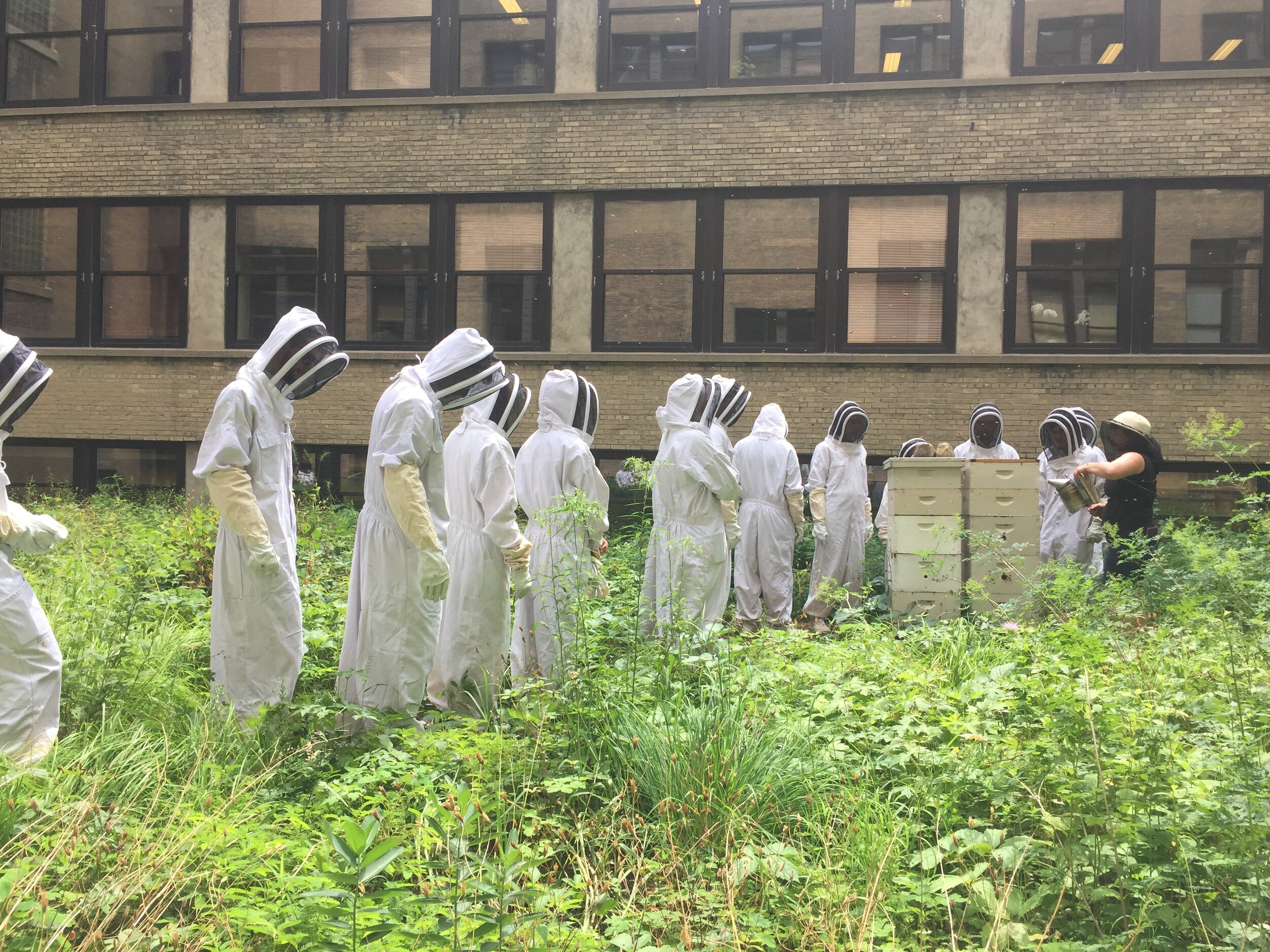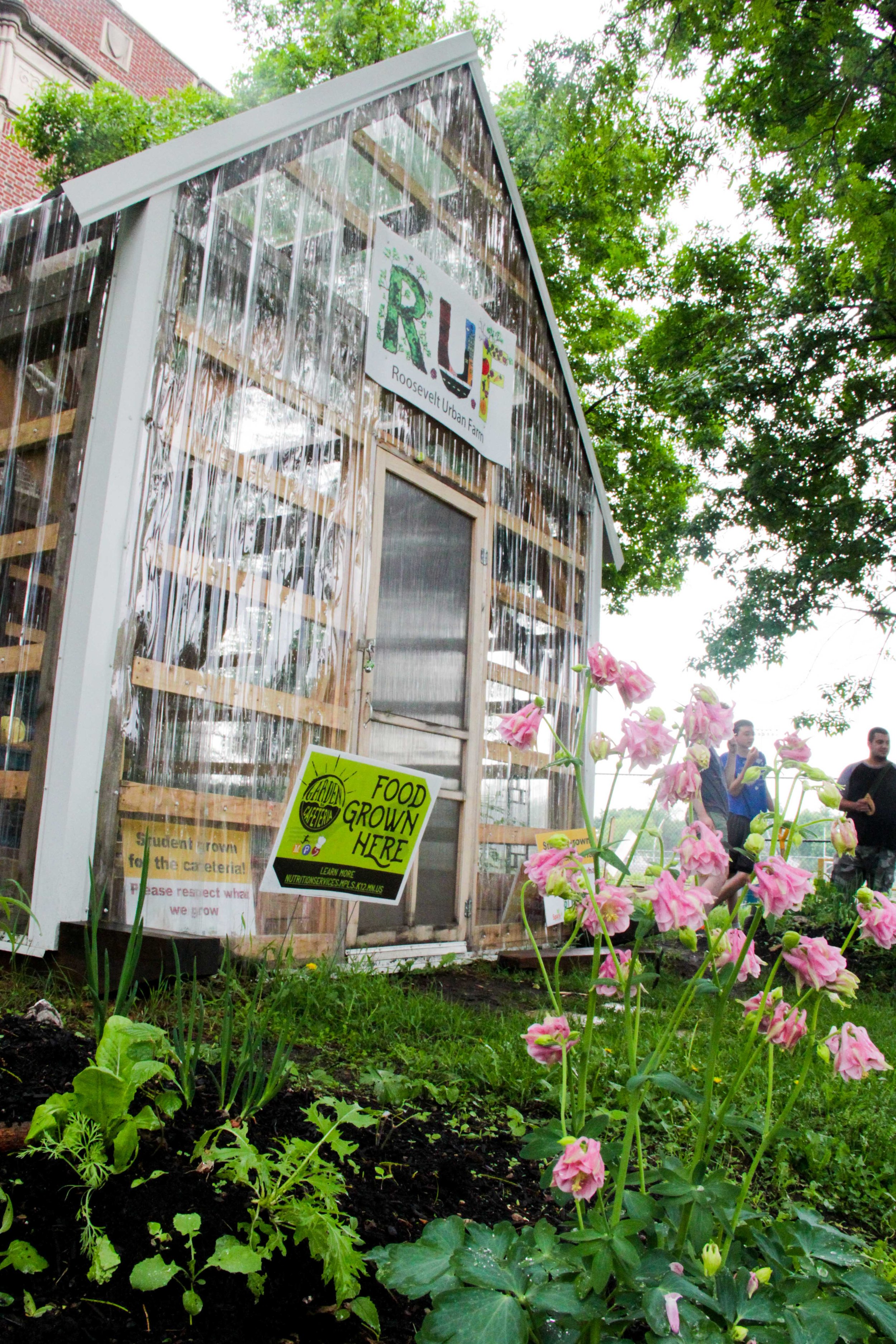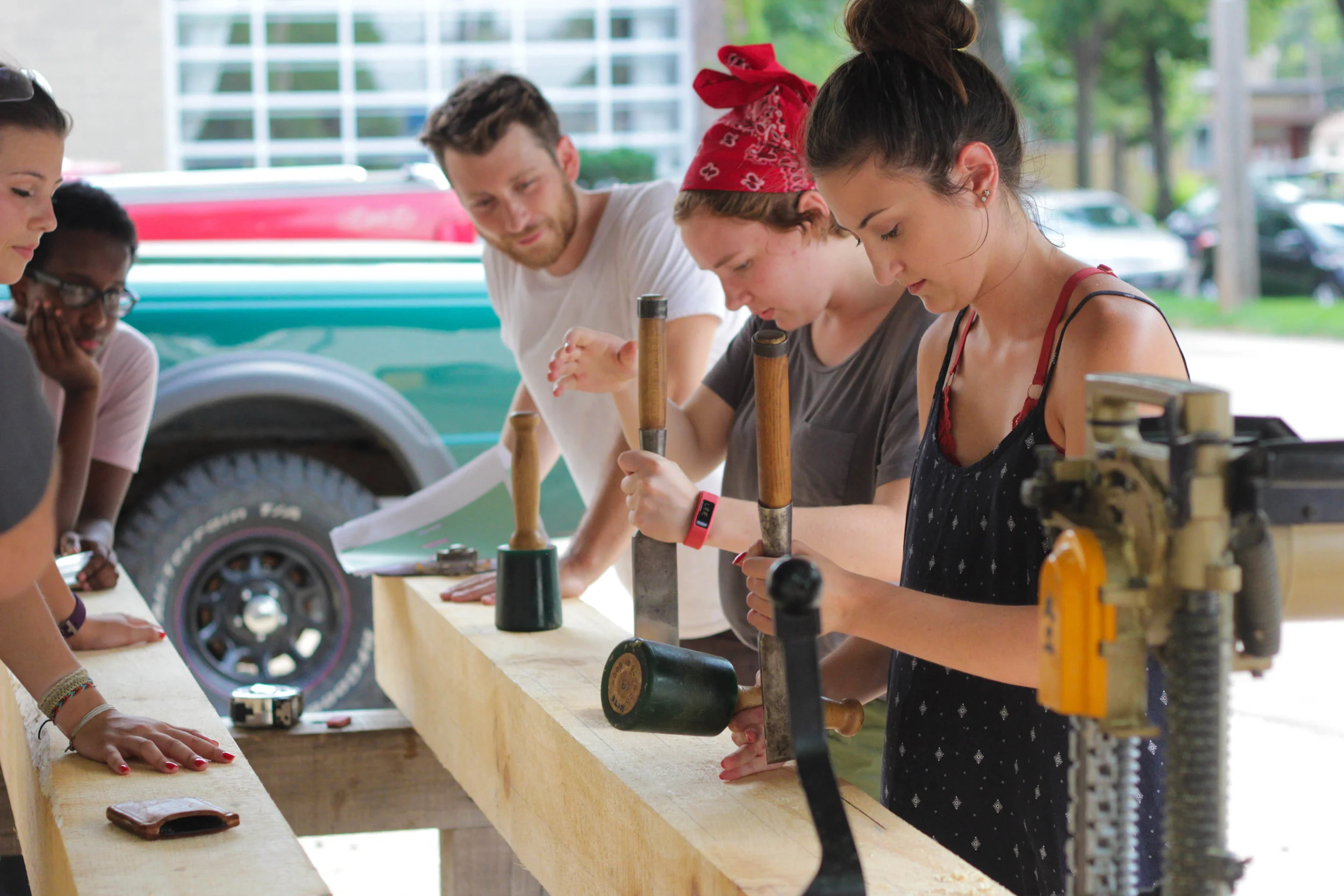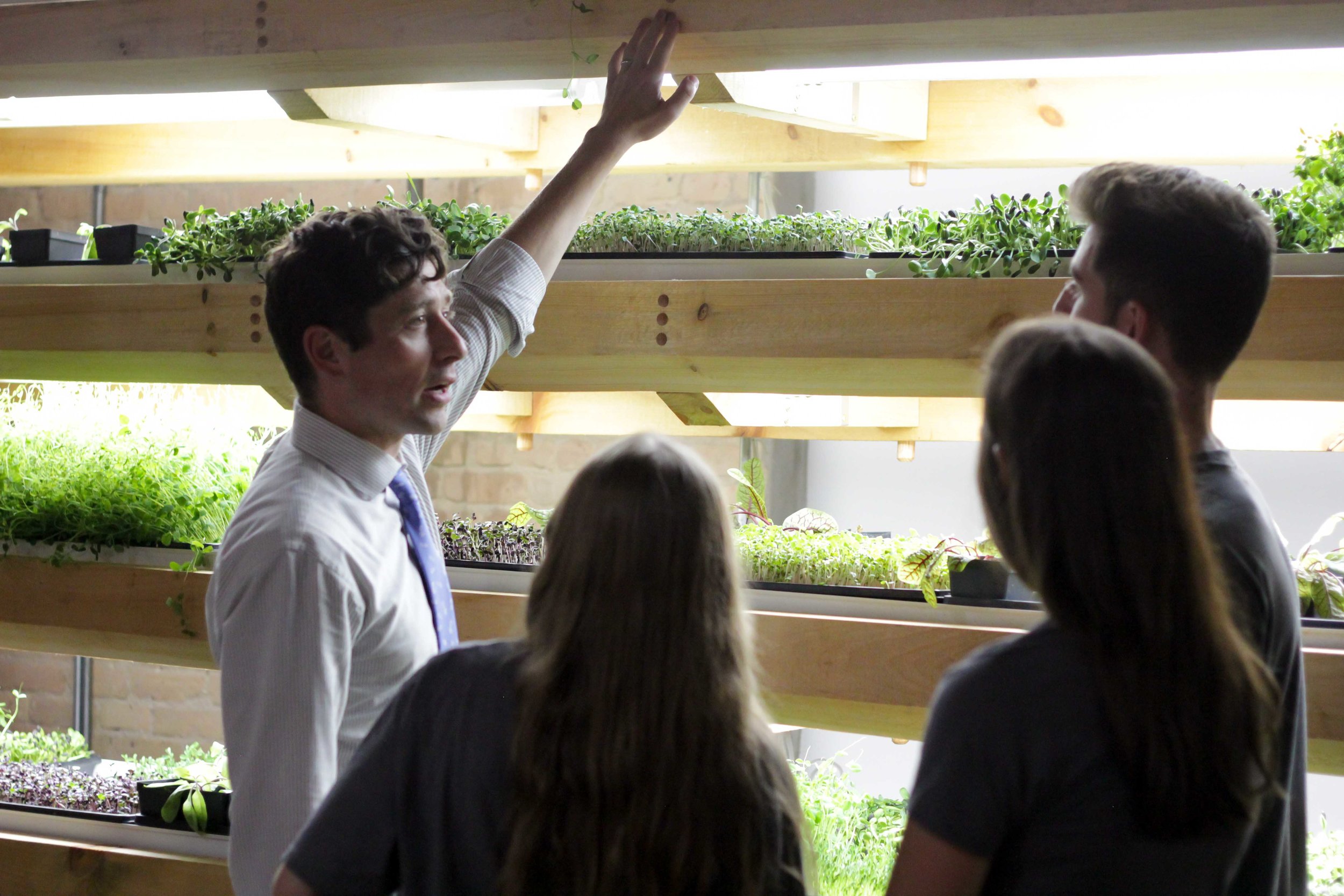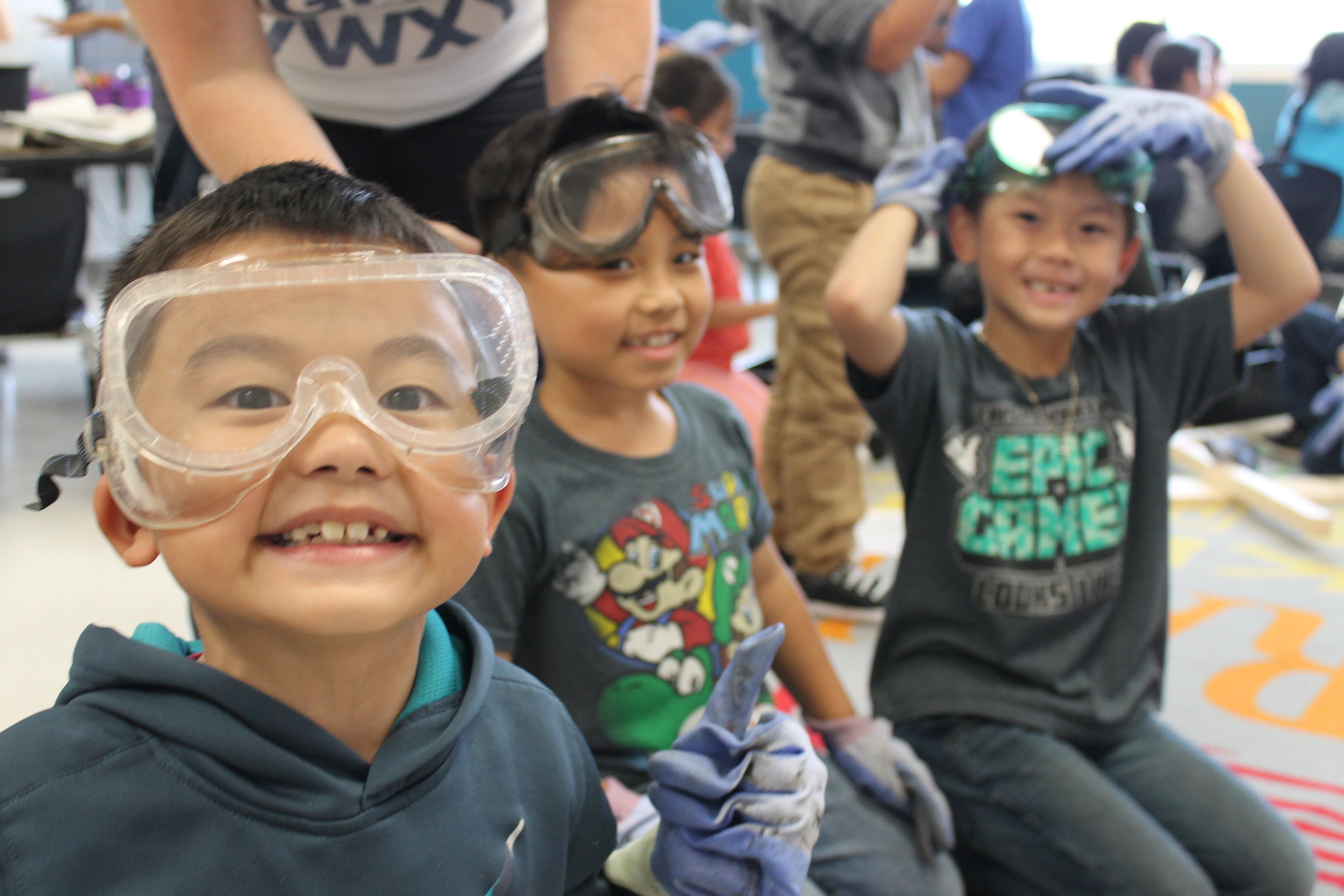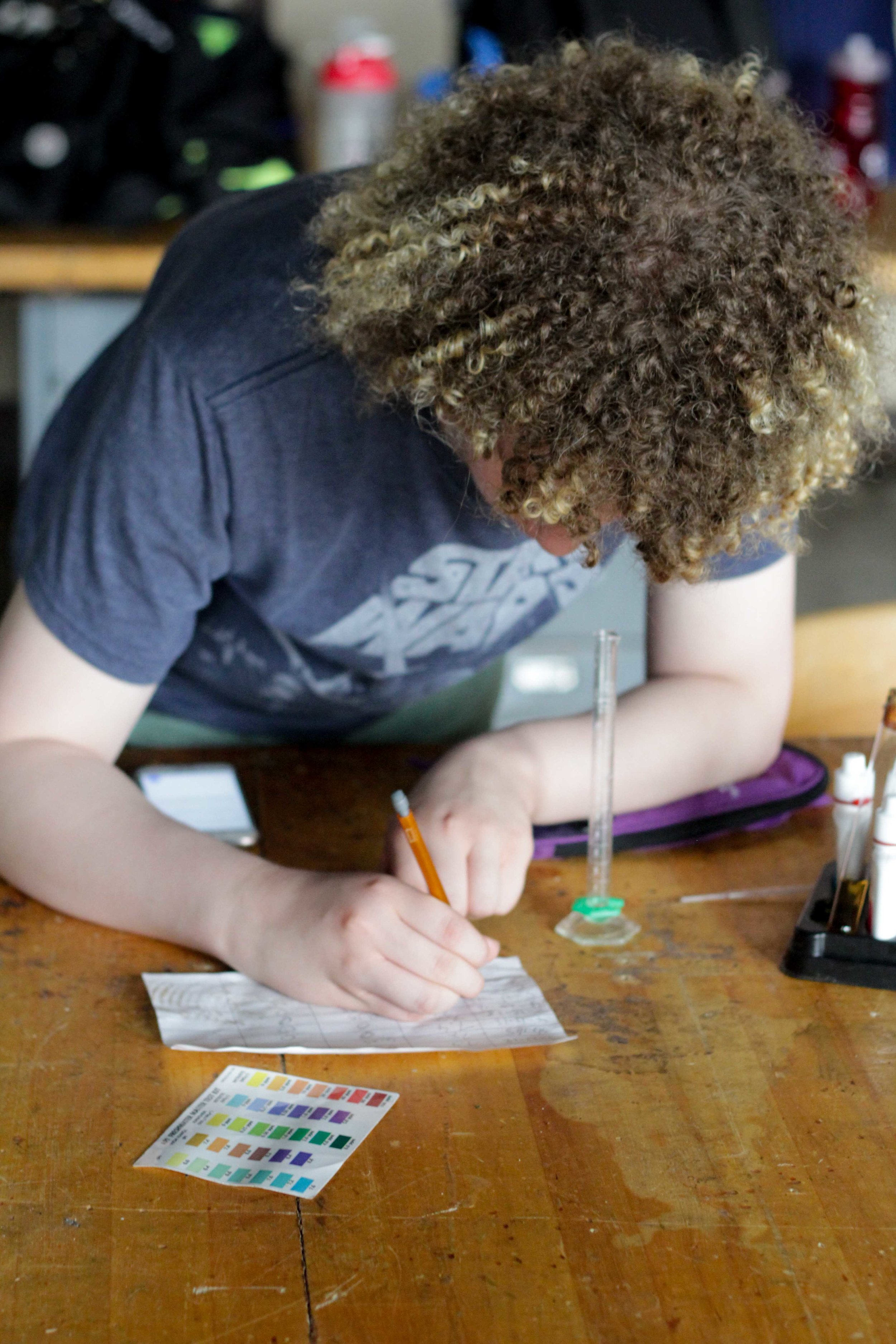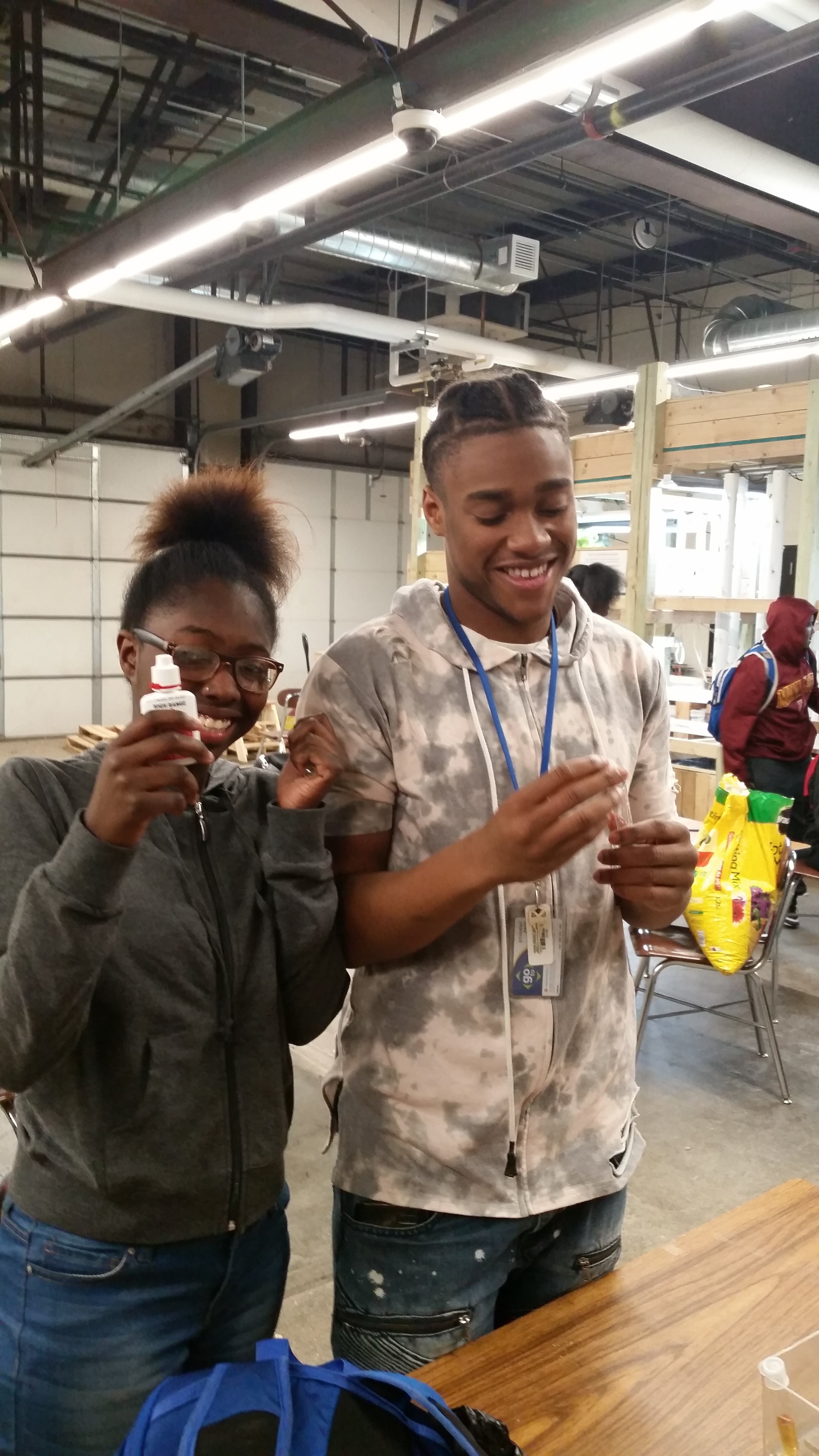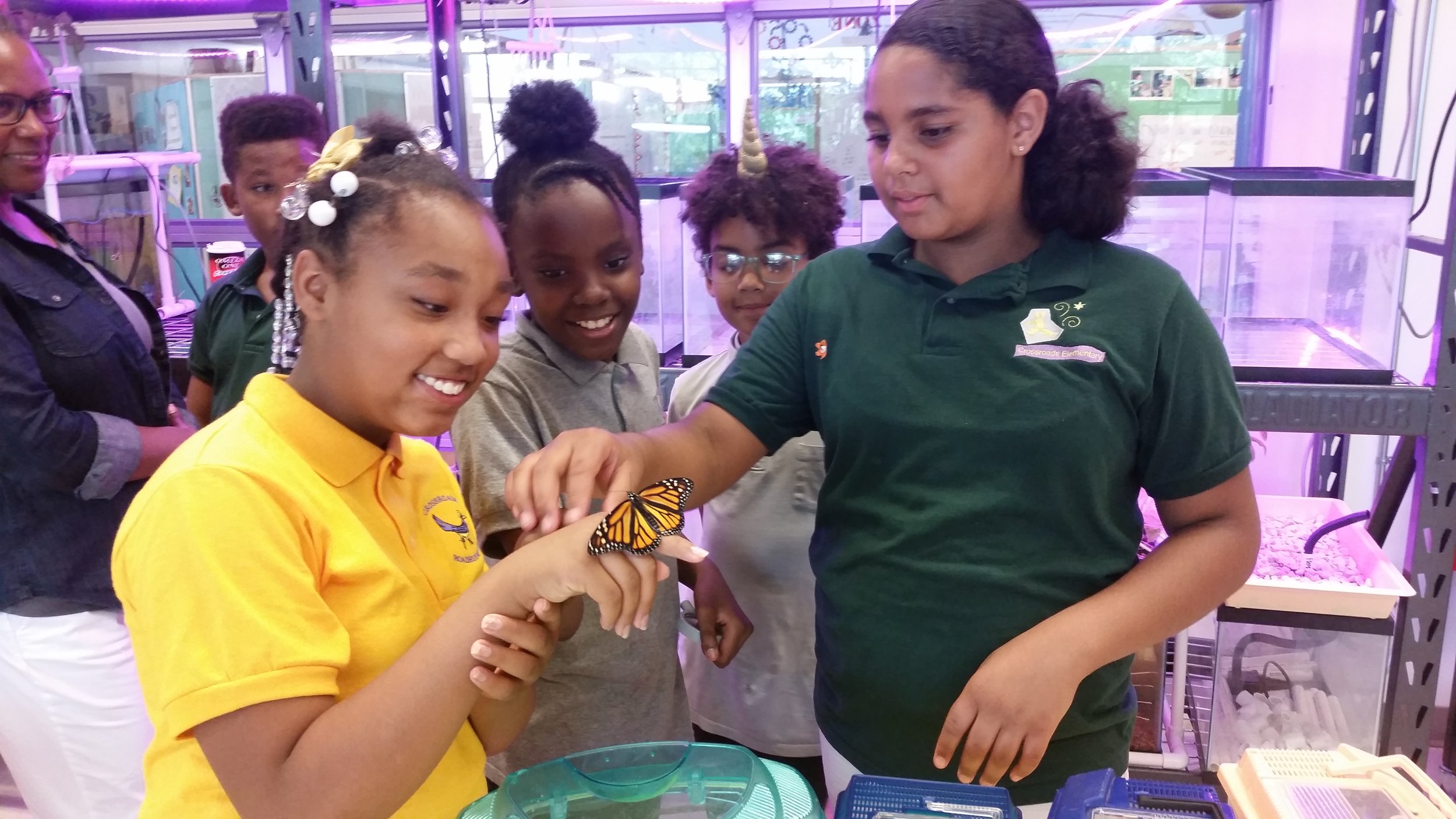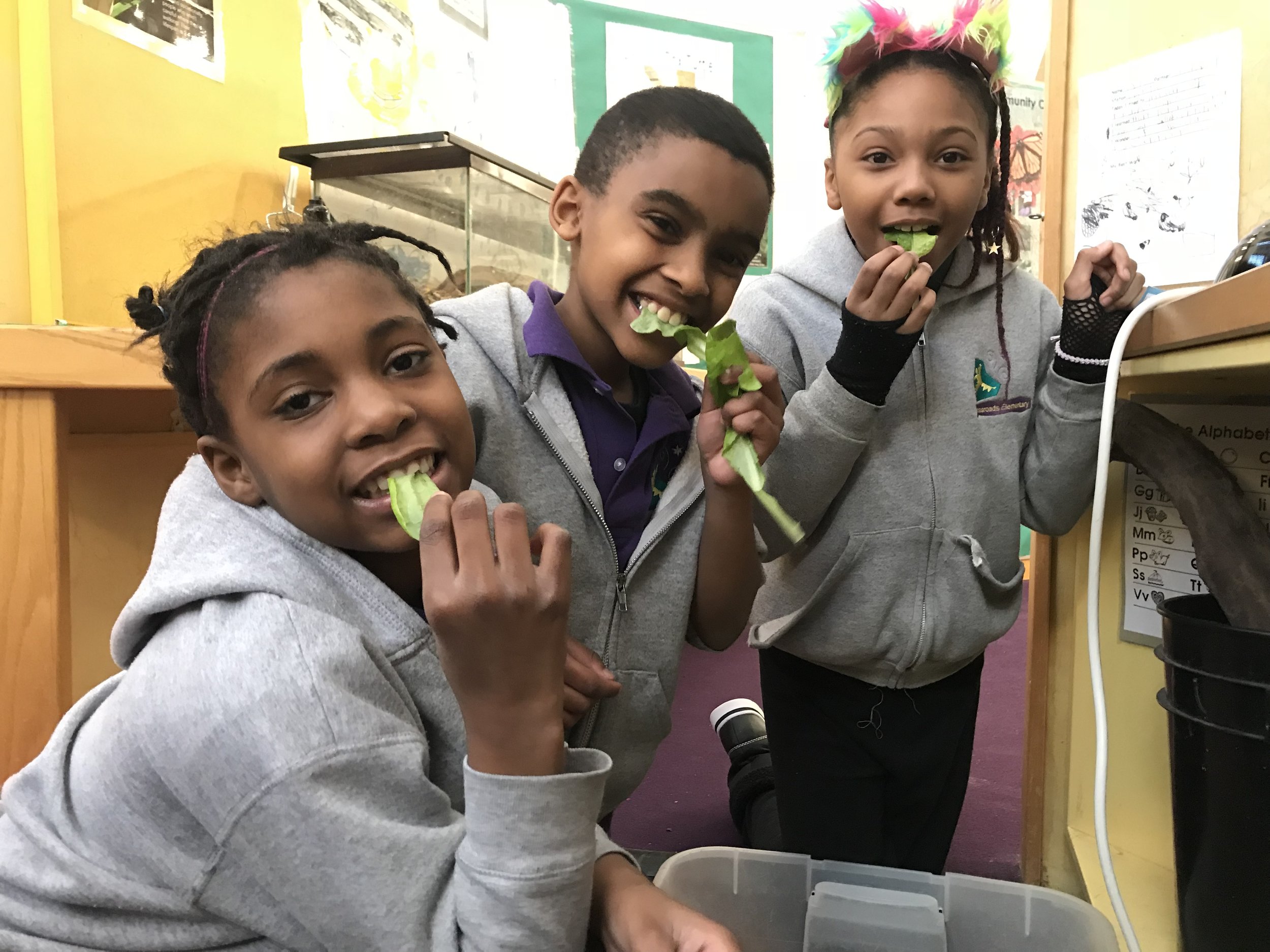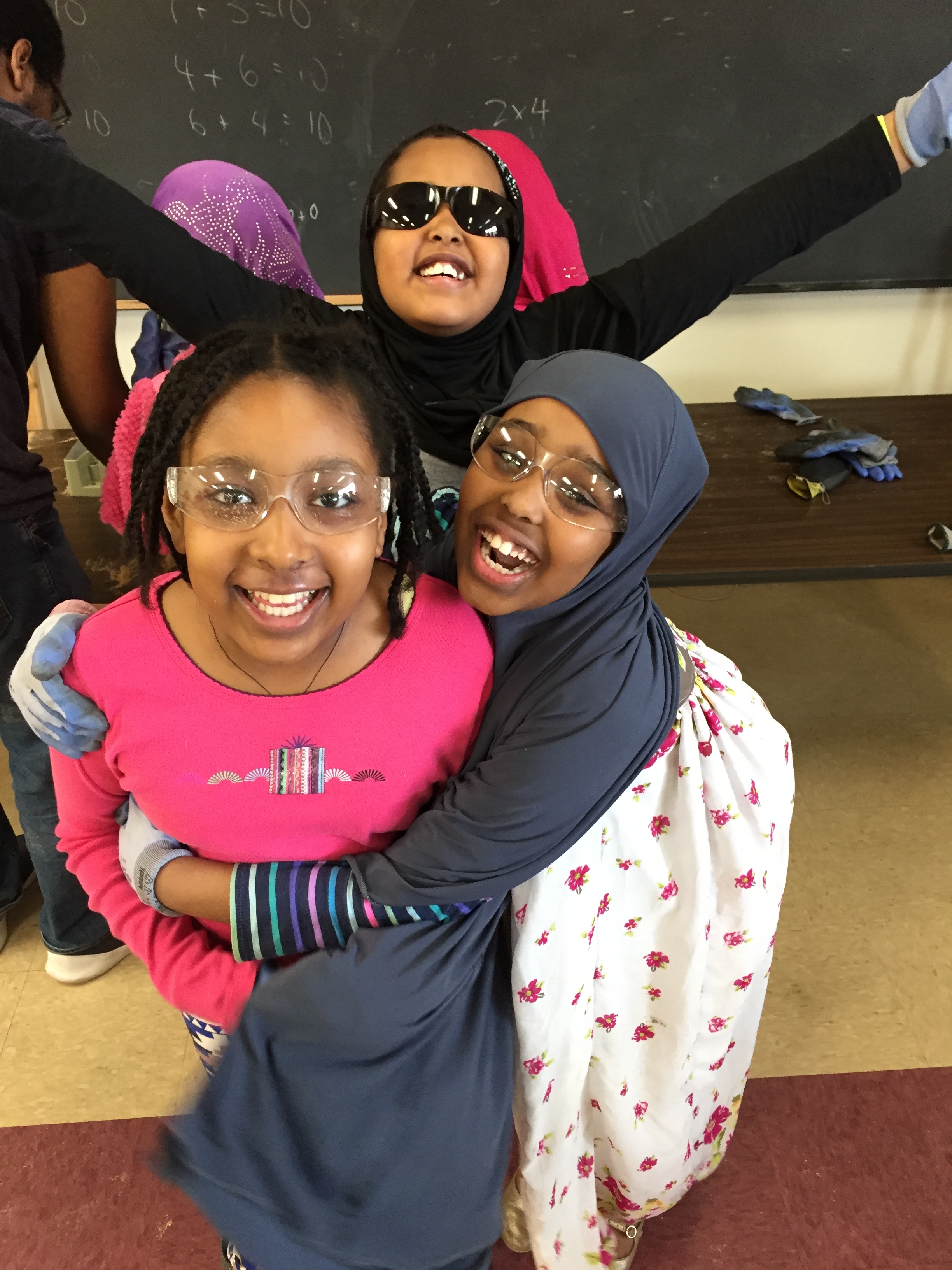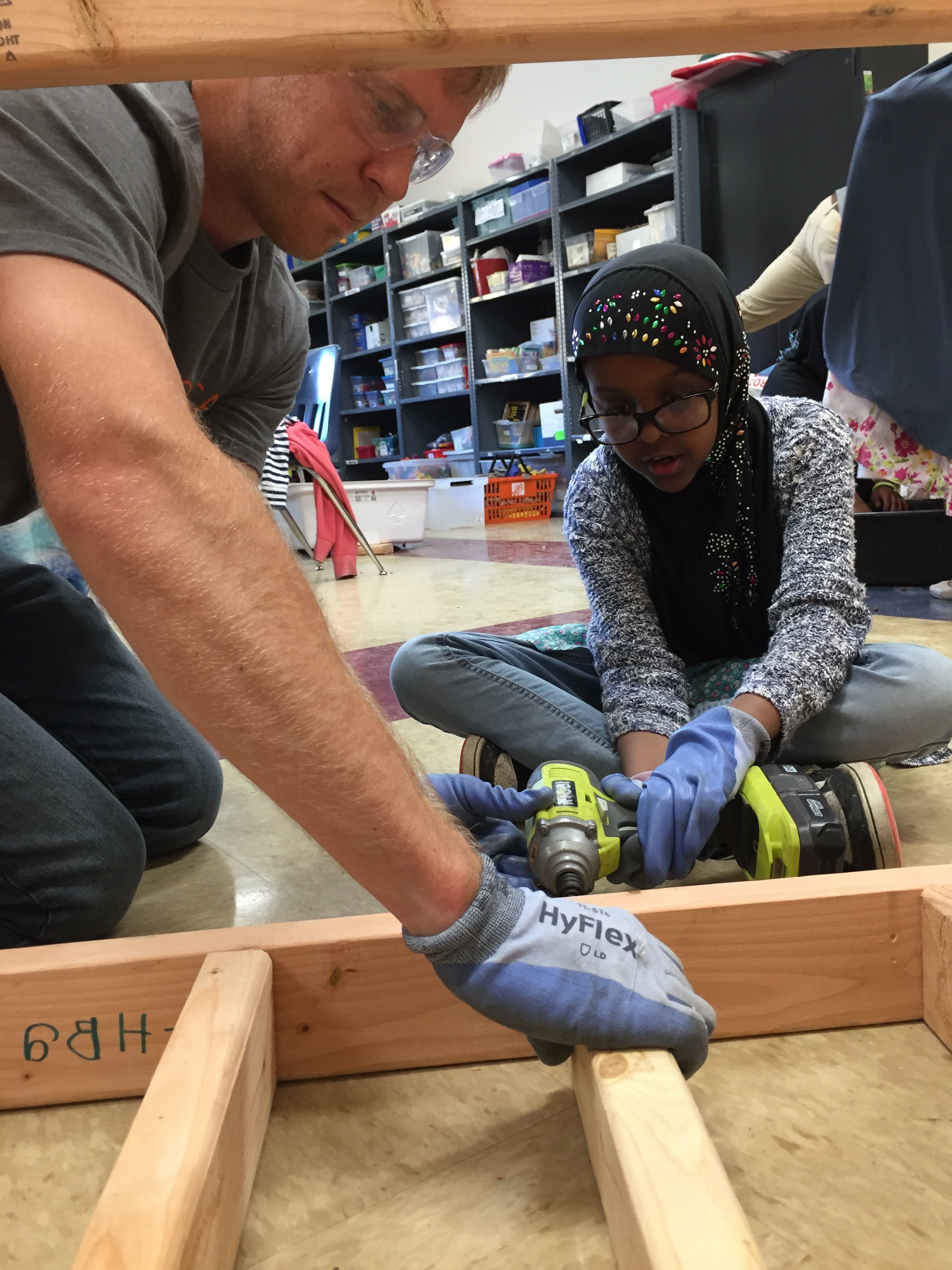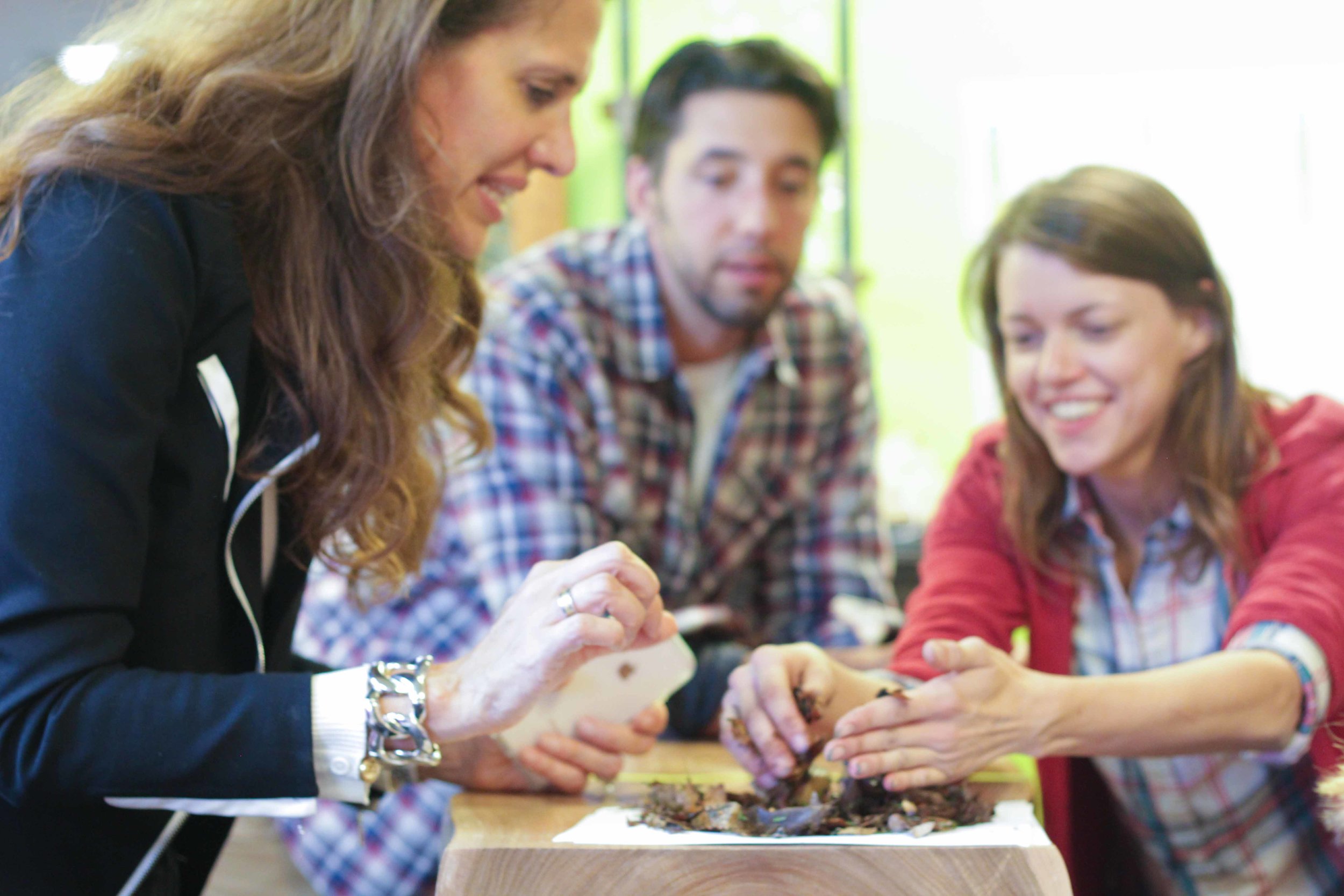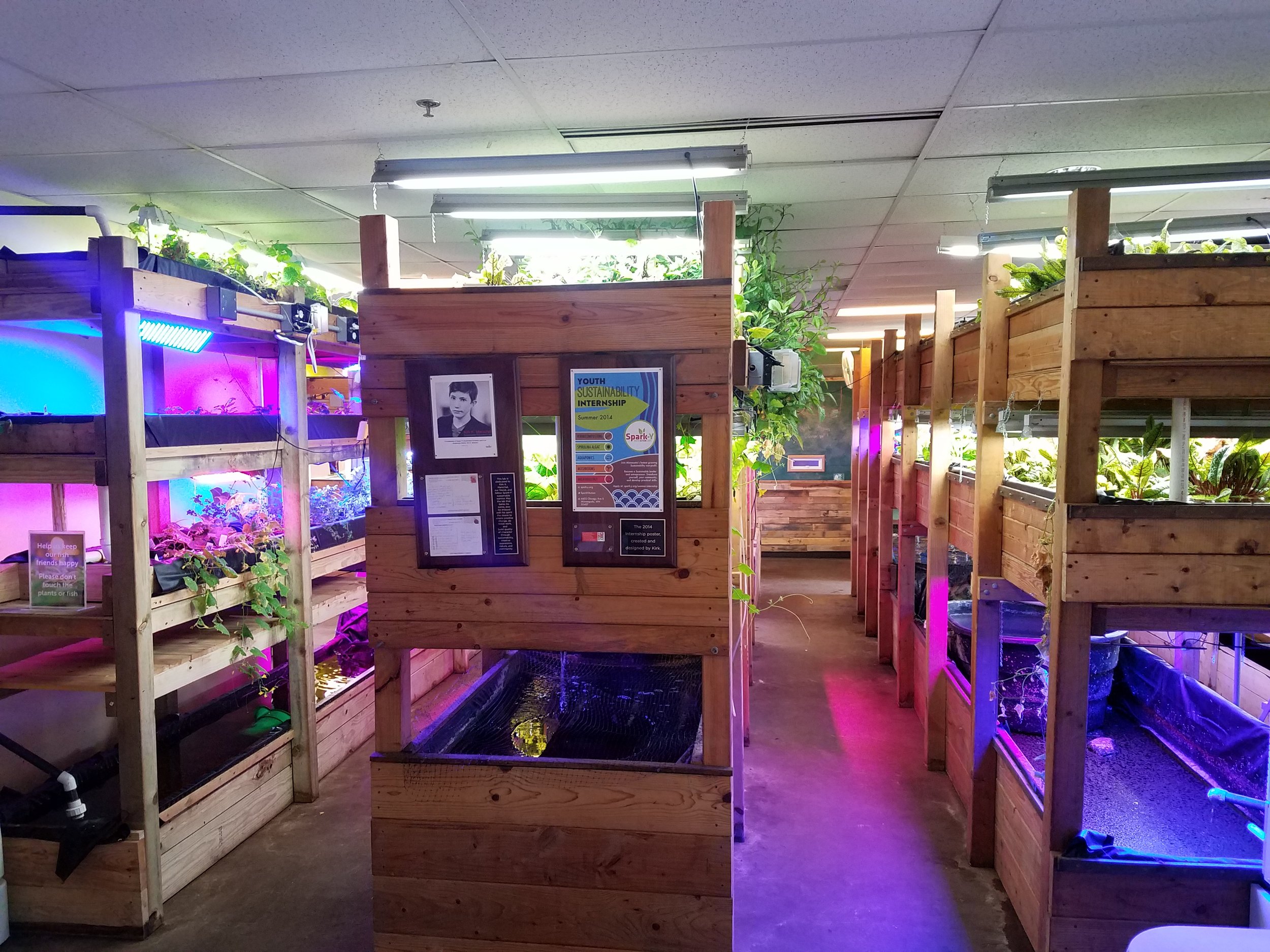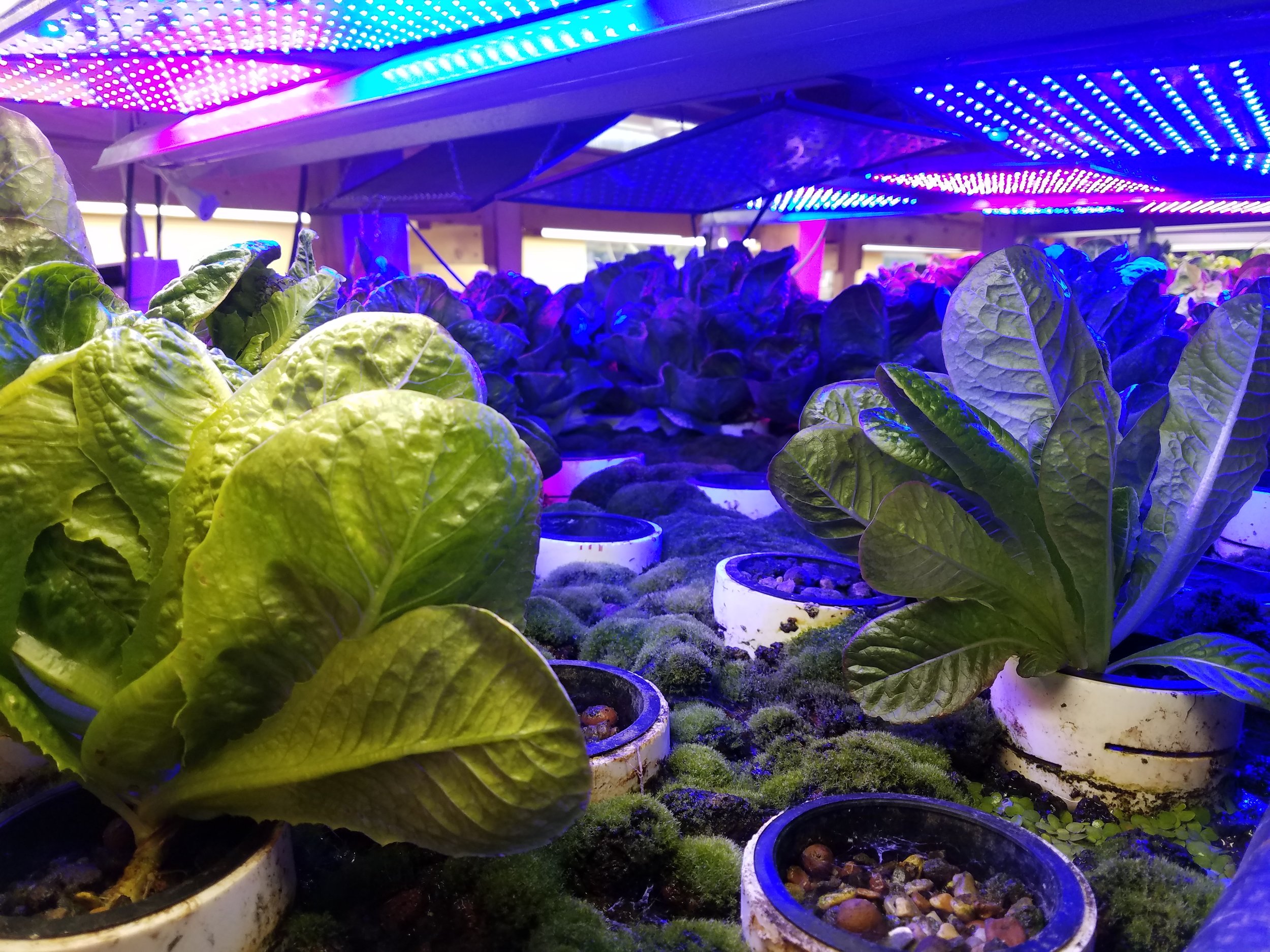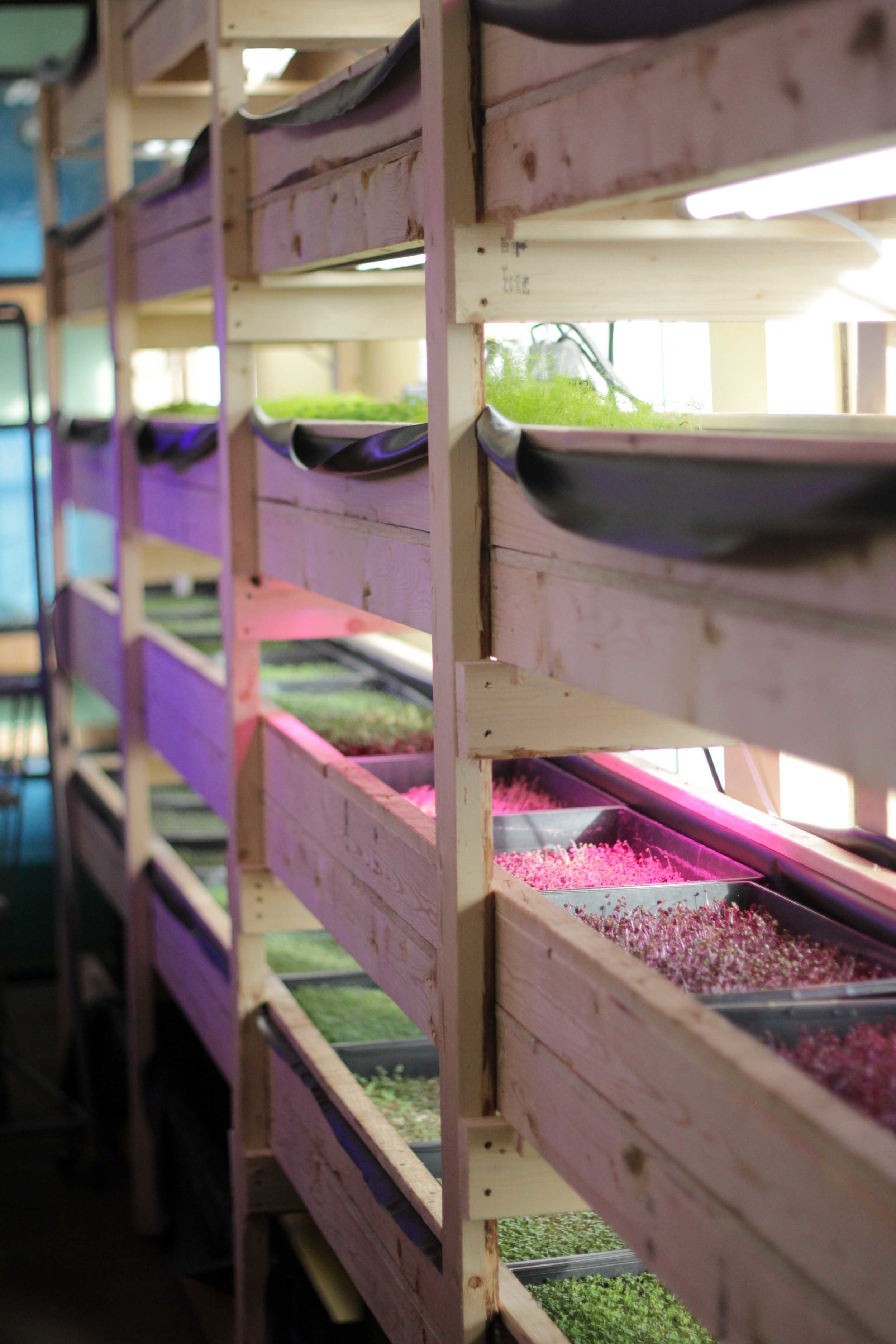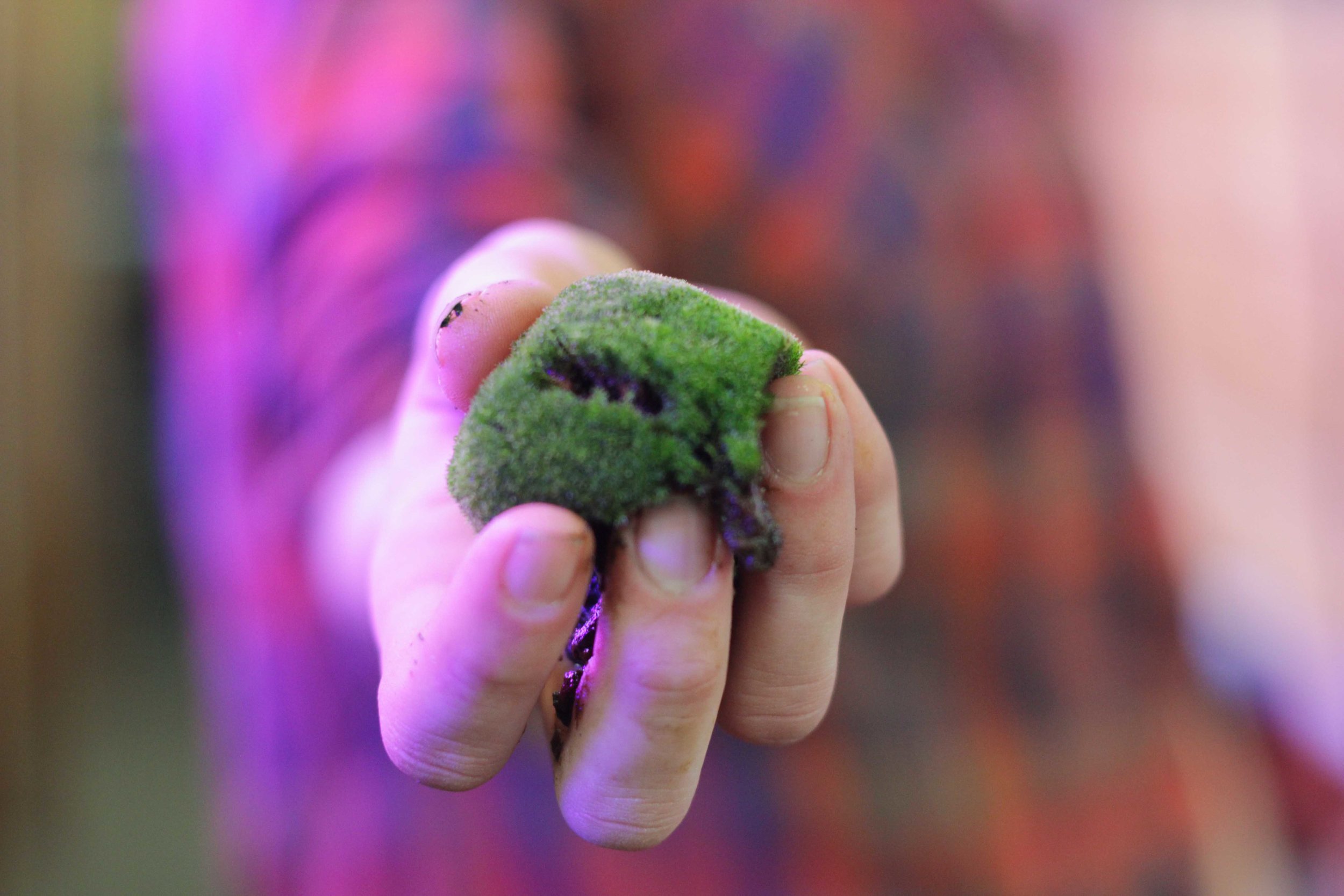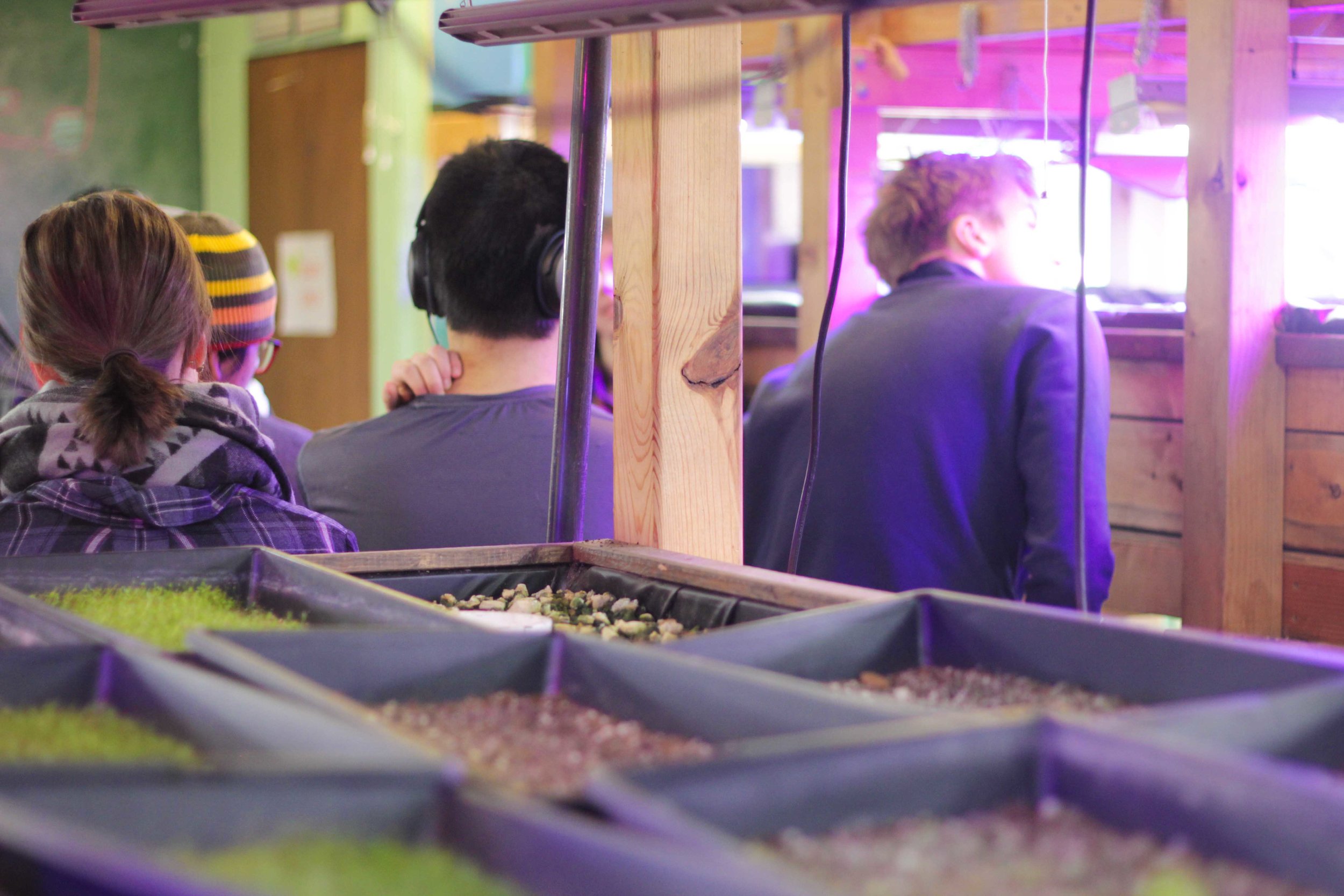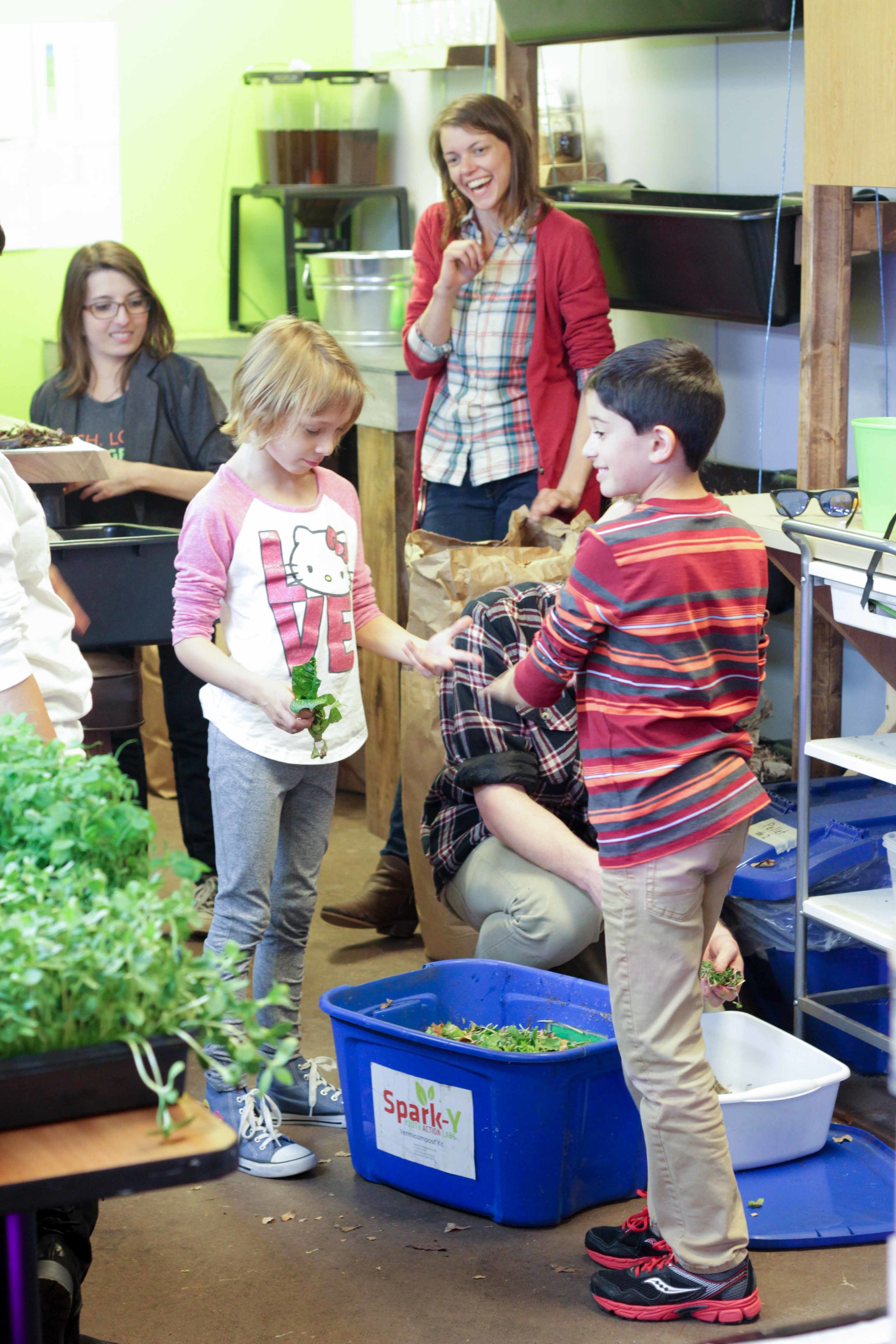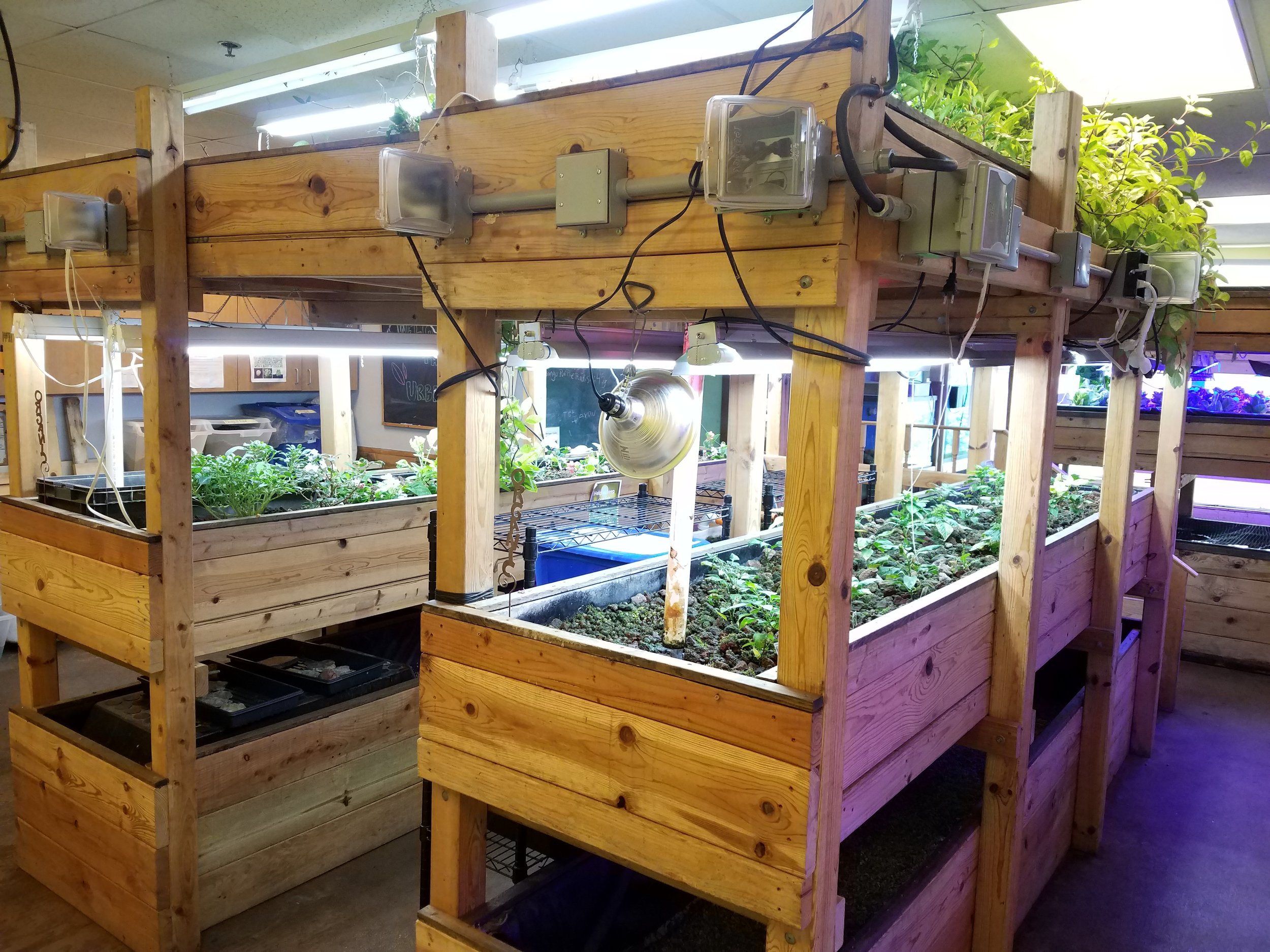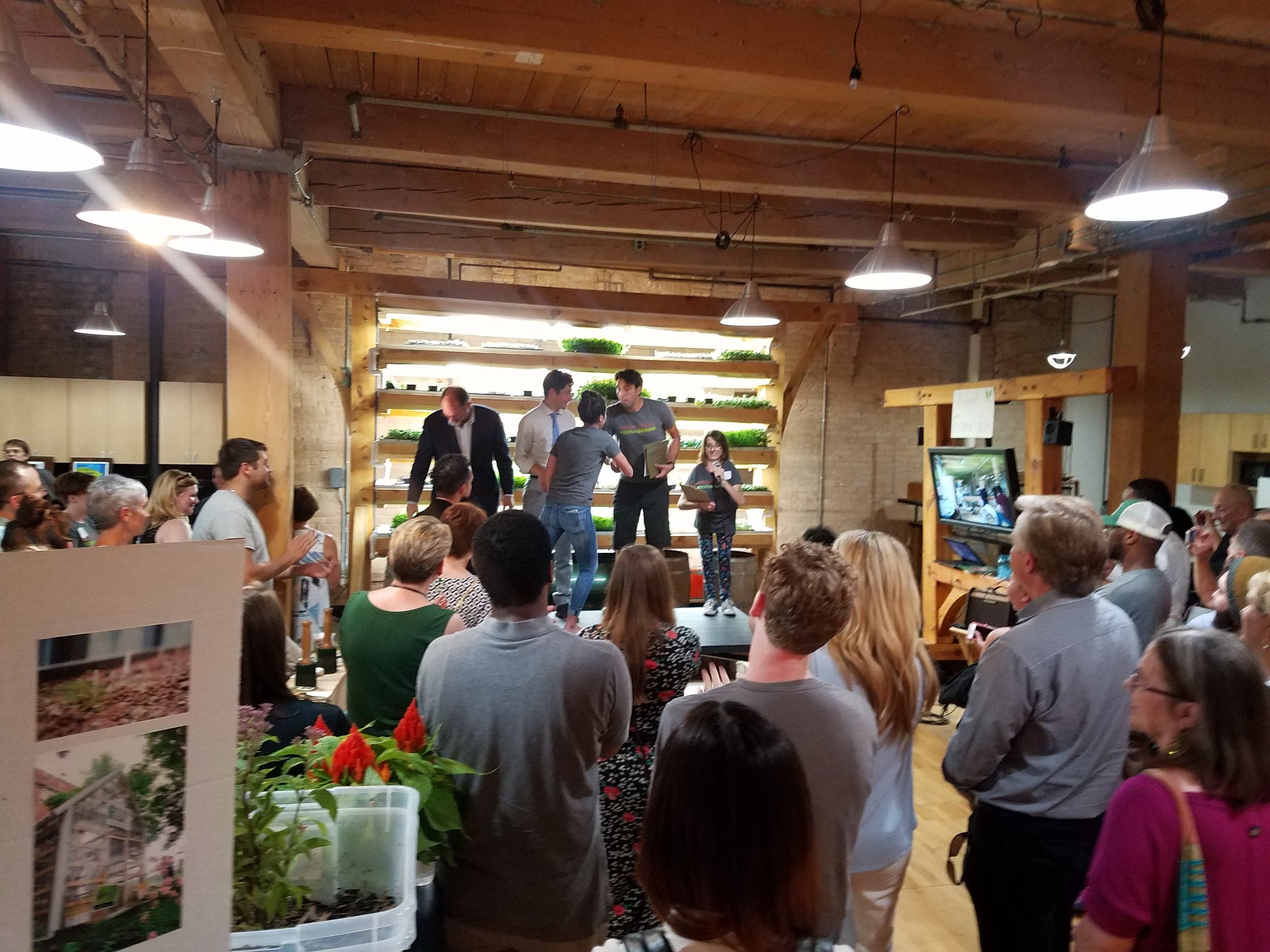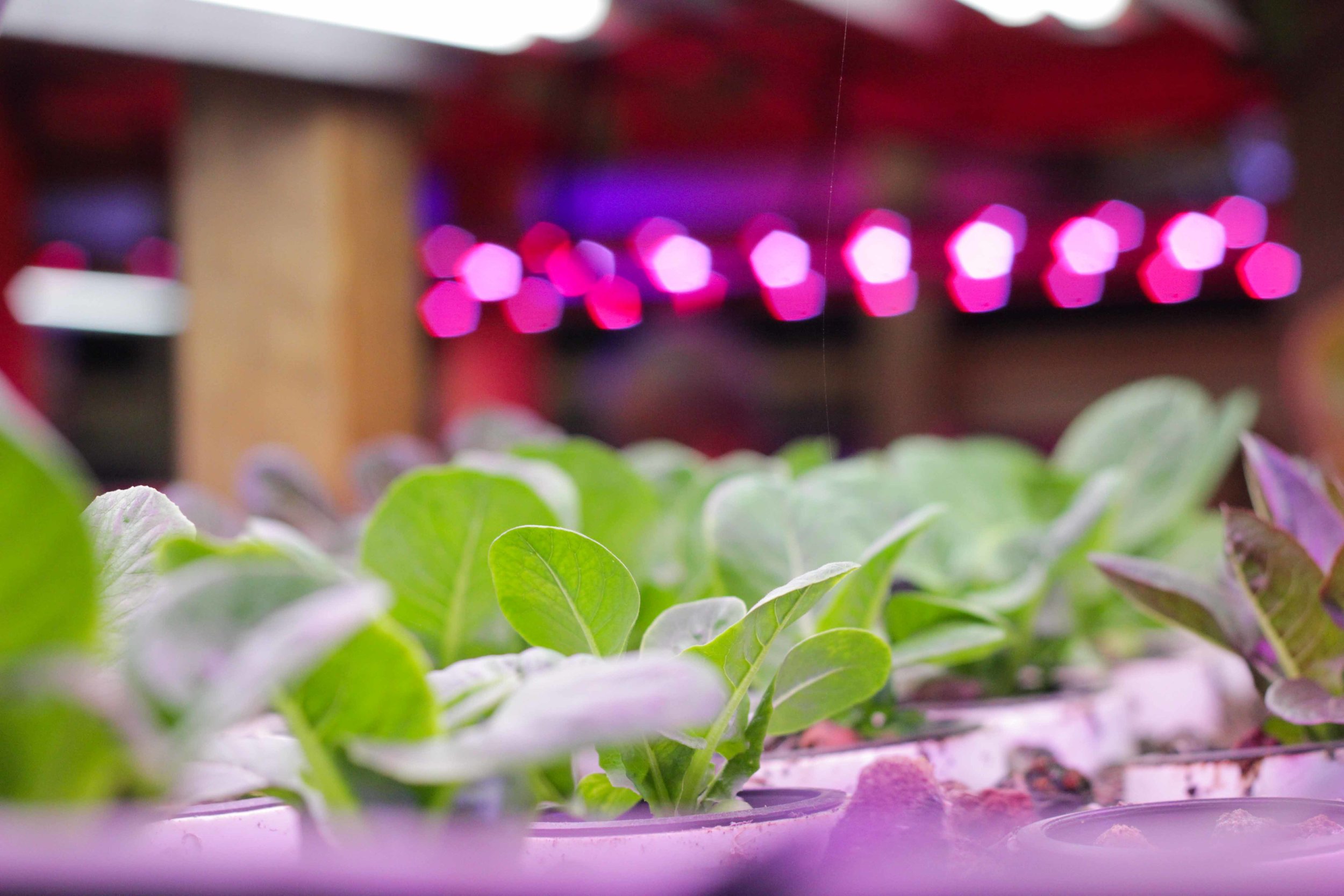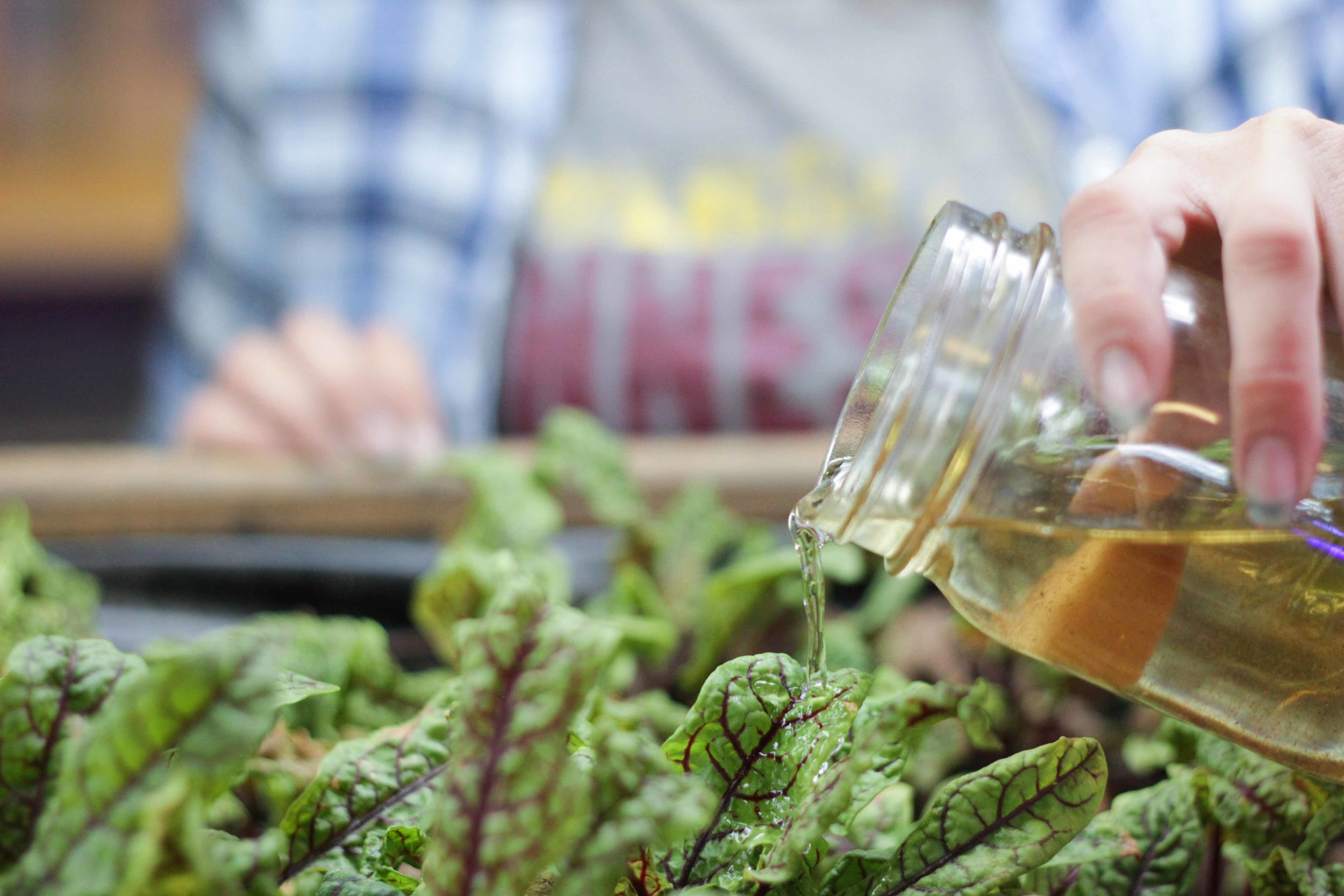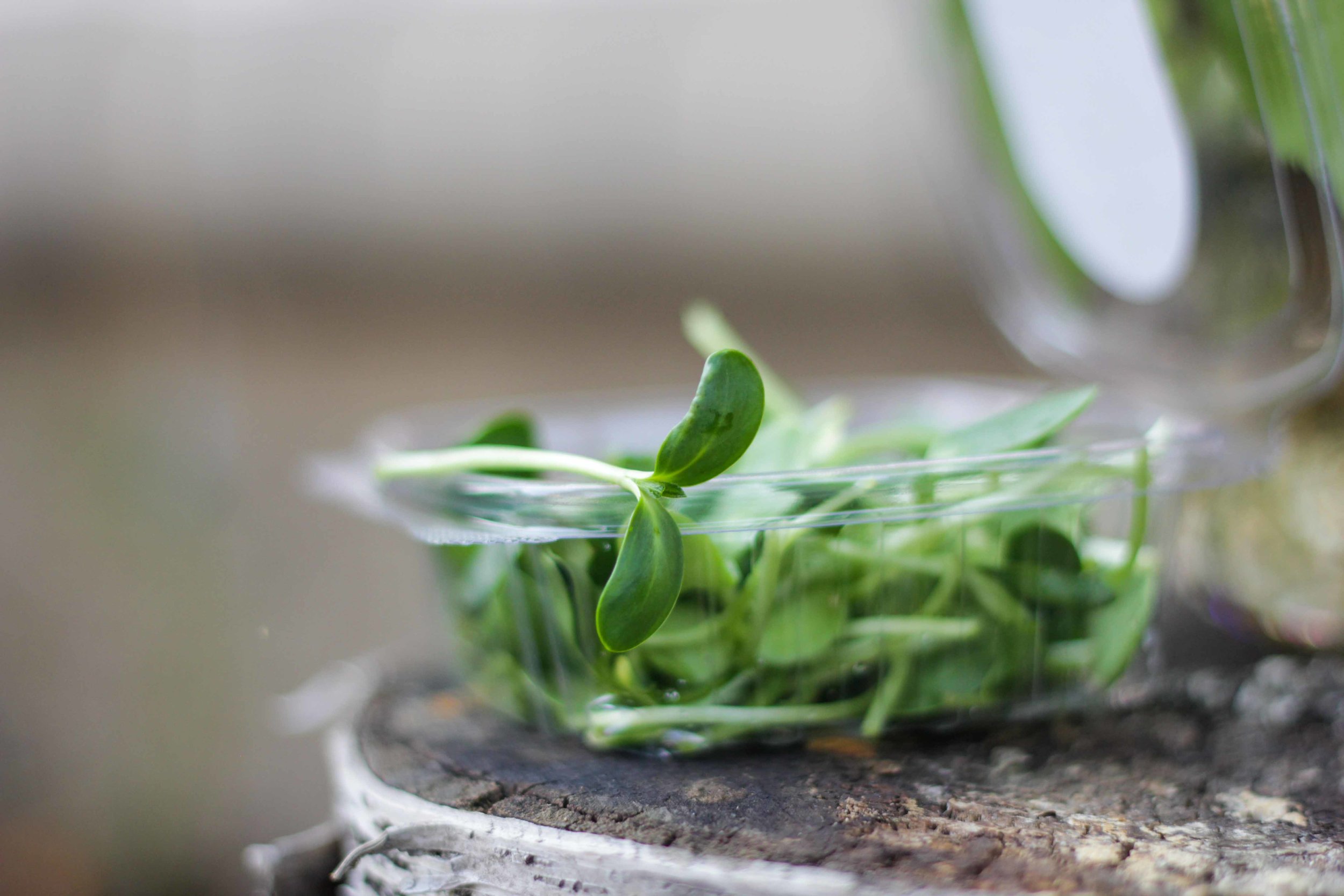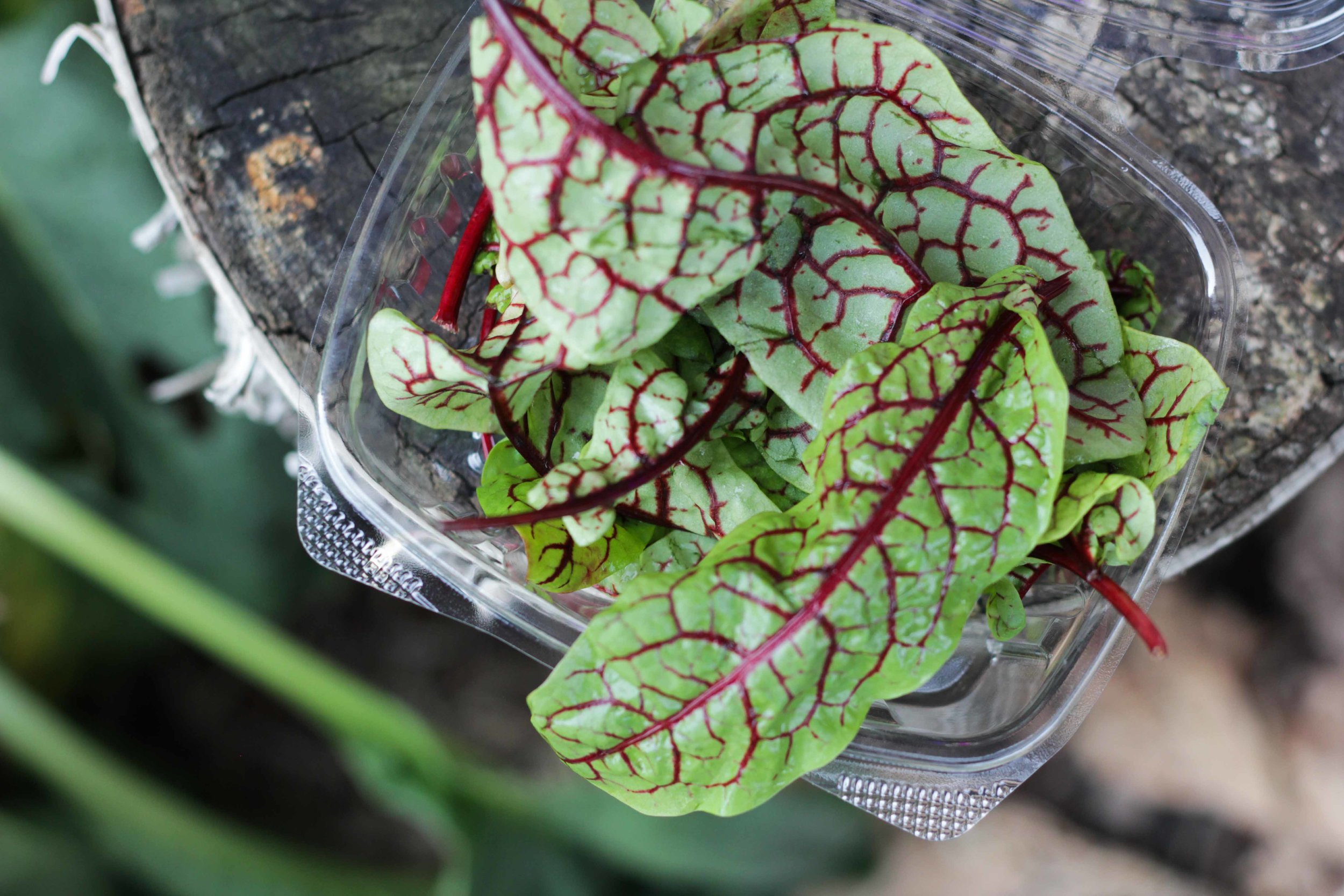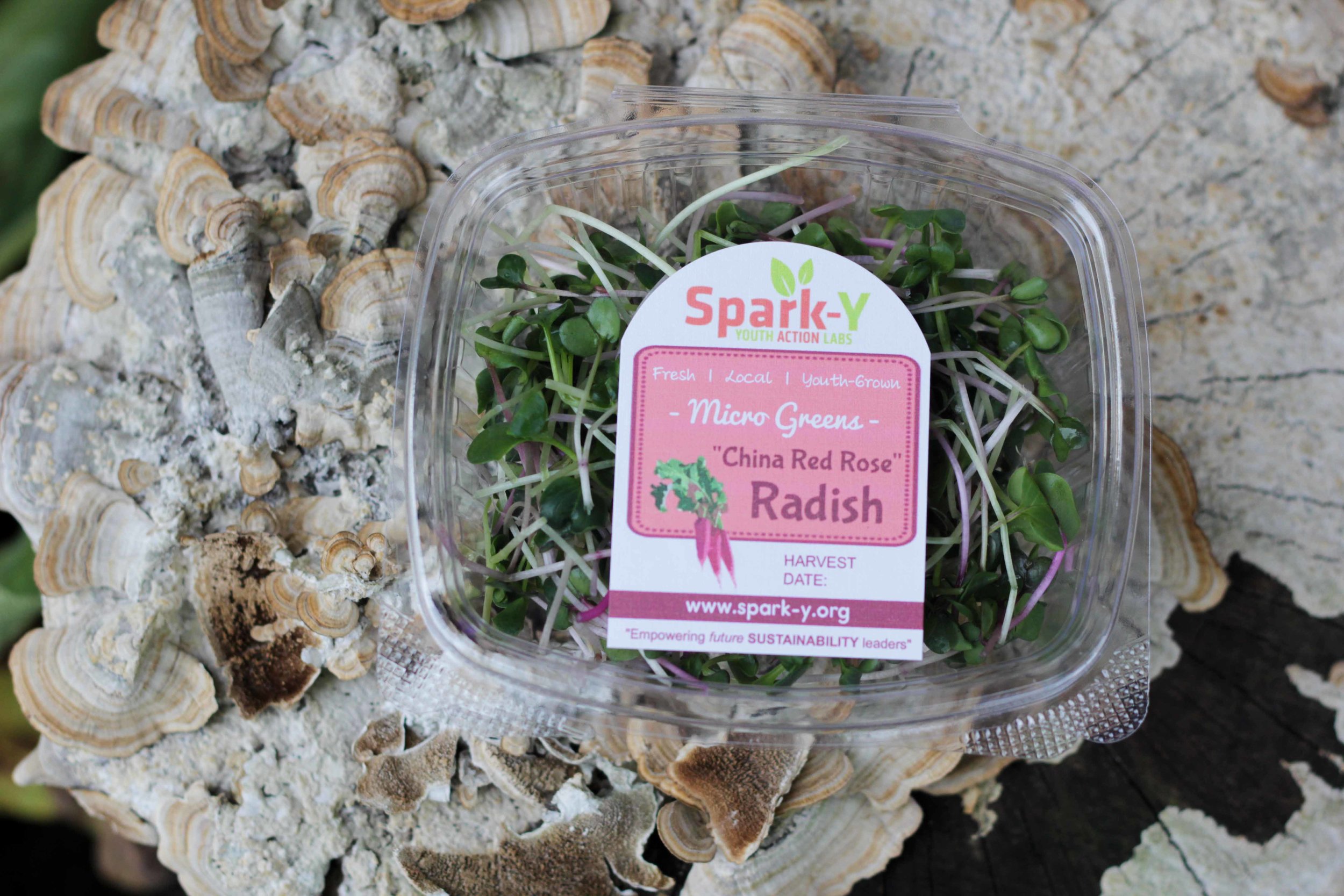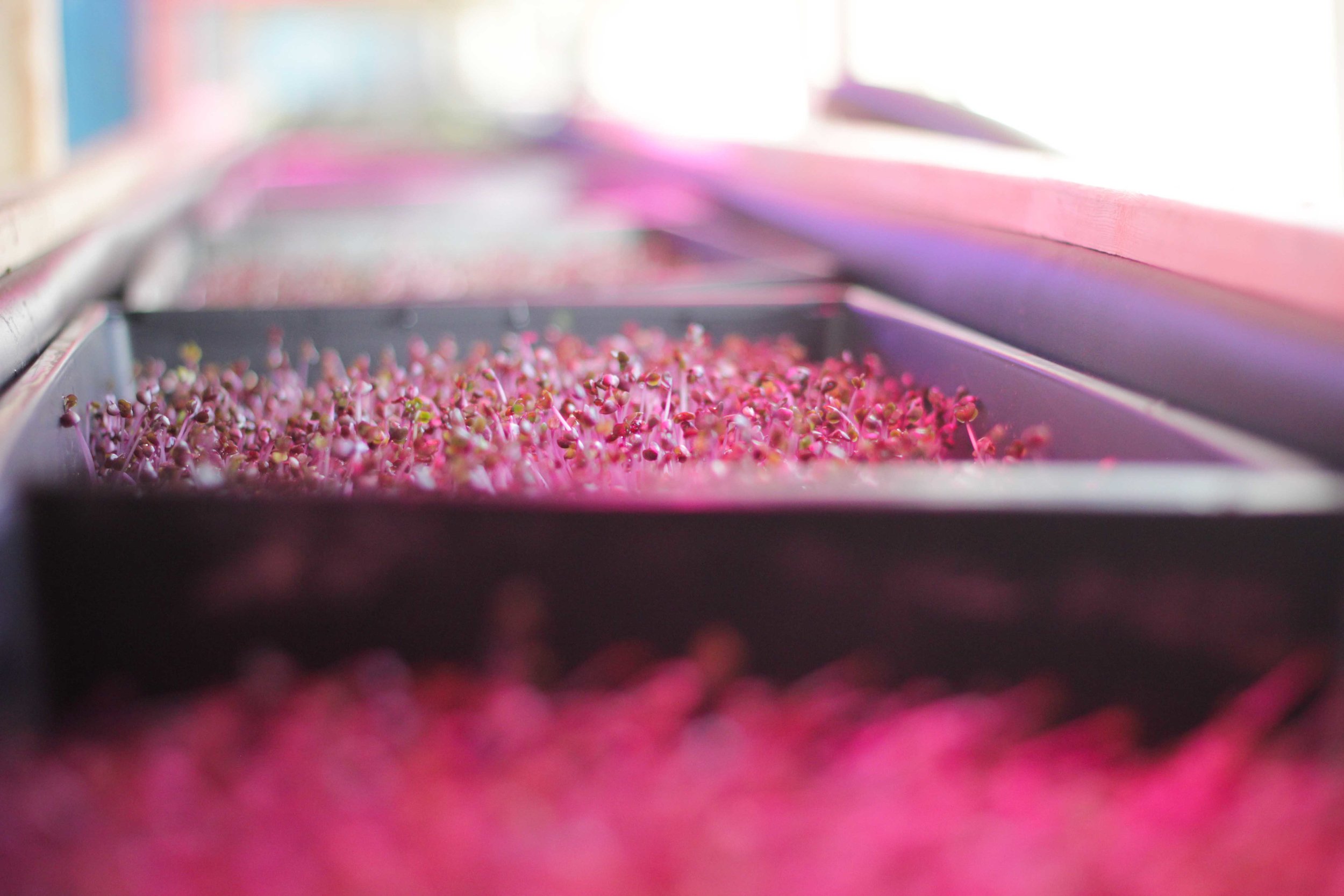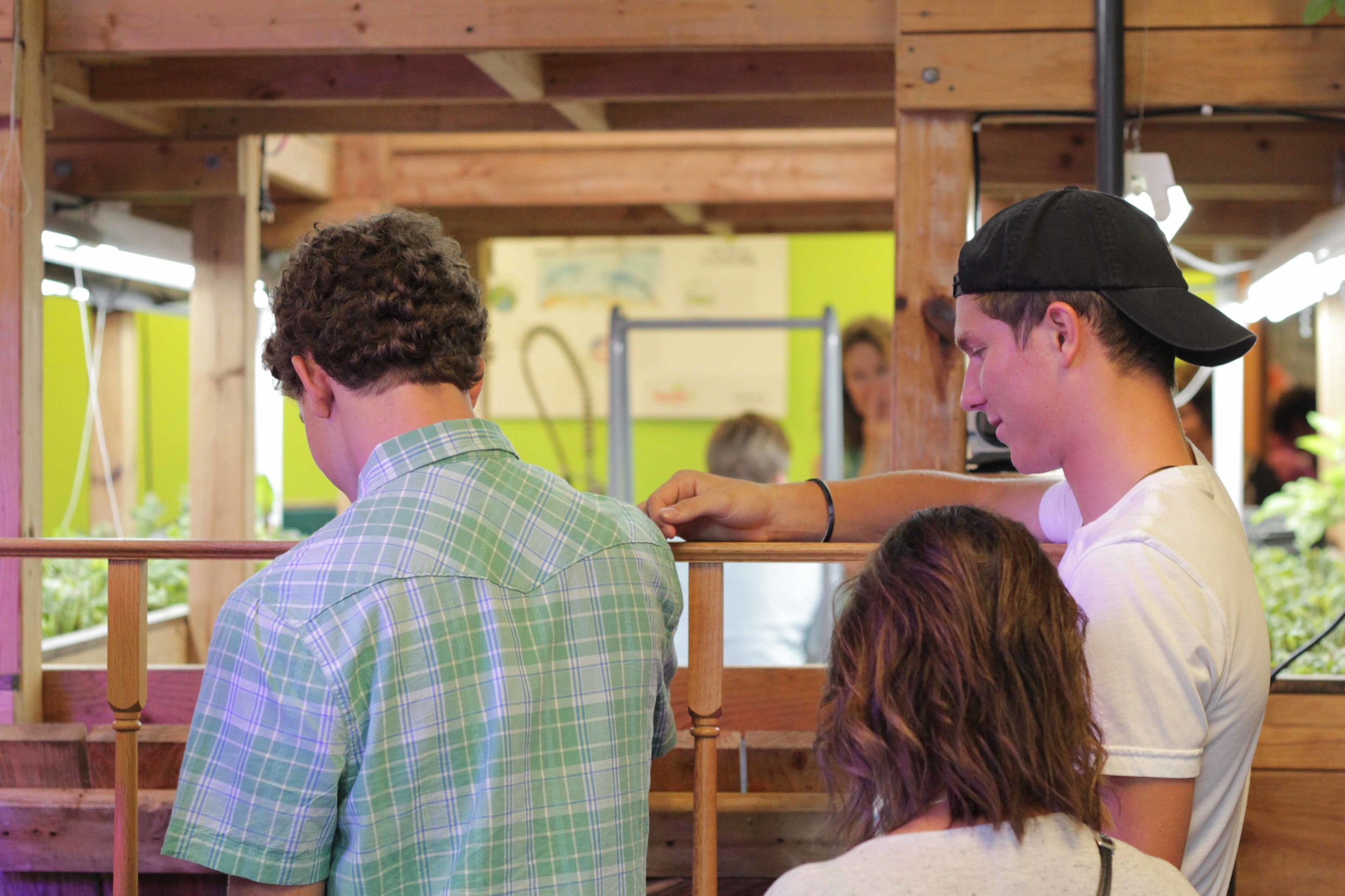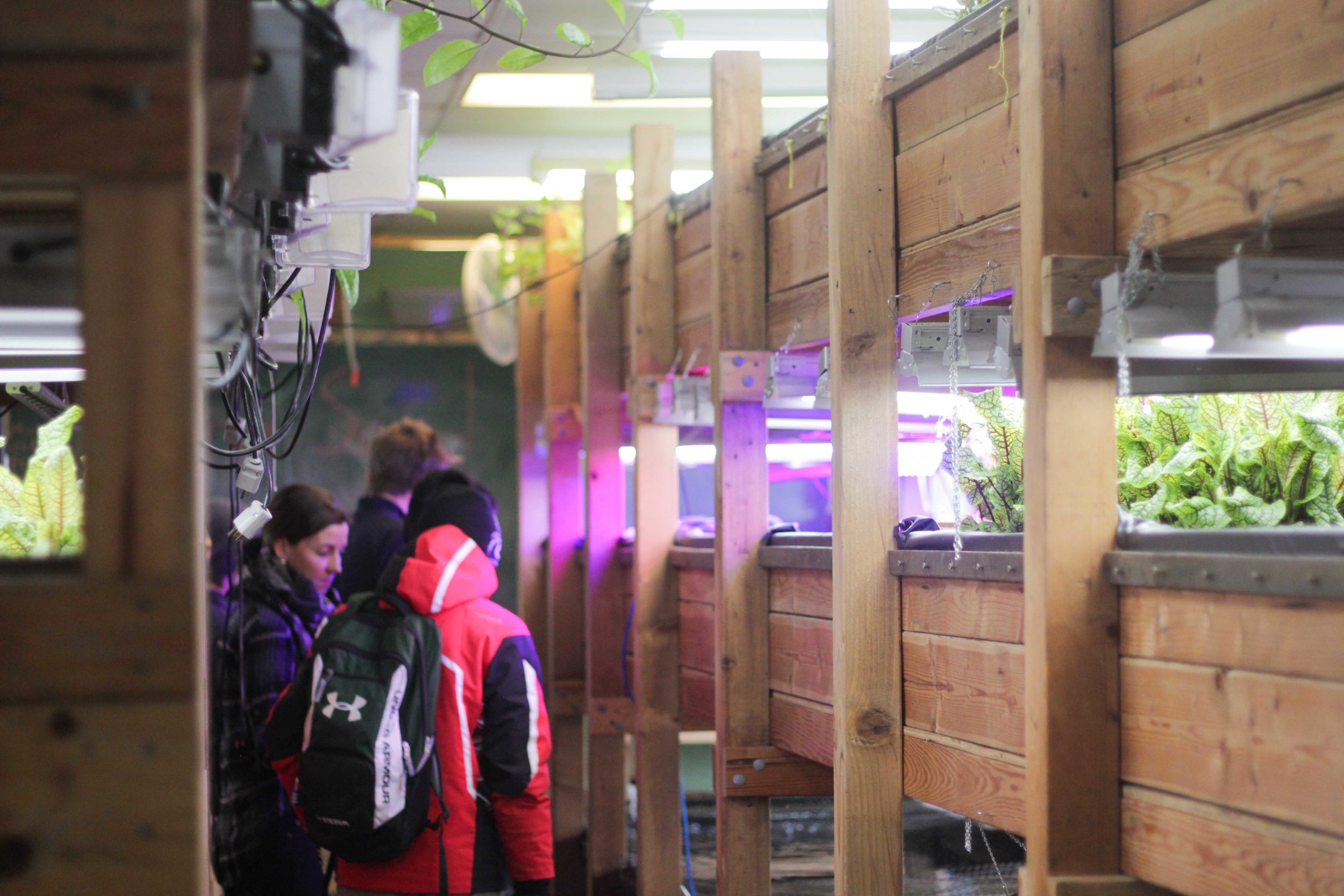The following blog post was contributed by
established education blogger, Alyssa Abel.
In today’s changing environmental climate, society needs eco-innovation and a sustainable focus more than ever before. Social movements and innovative initiatives are one way to push environmentalism to the forefront of our world, but we have an even better tool at our fingertips — teaching students how to live sustainably.
Today’s educators have a crucial responsibility in terms of sustainability education. It’s essential to raise the next generation into eco-conscious, self-sufficient world citizens who understand the immediacy of environmental responsibility. Youth programs like Spark-Y are embracing hands-on environmental education — and more need to follow.
Sustainability education encompasses all school subjects and extends far beyond the classroom. It gives students real-world skills they can use to improve the planet. It provides today’s children with the self-sufficiency they need for tomorrow. It offers them a deeply engraved understanding of why the environment is important.
Here’s what sustainability education teaches students — and why educational environments should make it a priority.
1. Interdependence Between Humans and the Environment
The environment provides our nourishment, sustenance and shelter, giving us everything we need to survive — and yet its part in human lives is increasingly ignored.
Trees provide lumber, food sources and oxygen, and they support various ecosystems in addition to humans. The water cycle would fall to disruption without them, causing extremes like droughts and massive flooding. And yet forests have declined by 32% since the rise of the industrial era, with 15 billion cut down every year. Deforestation also accounts for 13% of global fossil fuel emissions.
The ocean also makes our survival possible by regulating weather patterns and producing more than 50% of our planet's oxygen. But it has become increasingly polluted with plastic, oil and toxins, killing off the marine life keeping the world afloat.
While modern society too often strays from nature, humanity and the environment are inextricably intertwined — and to prevent further carelessness and damage to our ecosystem, it’s important to show students that. Teaching theoretical environmental science might be a start, but giving children the chance to experience the concept firsthand is infinitely more effective.
Through sustainability programs like Spark-Y’s Urban Agriculture Lab and school partnership programs, students have the hands-on opportunity to explore how humans and the environment sustain each other. Operations Director Caitlin Barnhart explains how working directly with an edible garden space allows youth to “harvest produce, explore the edible landscape, and often have their very first experience with home-grown food.” This kind of firsthand experience allows students to make a physical, profound connection between the environment and their way of life.
Barnhart with her 2019 Summer Interns
2. The Balance Between Environment and Society
Teaching adolescents how to identify environmentally friendly companies — and develop their own sustainable business endeavors — can lead to a more eco-friendly societal future. Consumers of decades past often didn't know how business and production affected the Earth, but that's changing fast.
Sustainability affects the economy as much as it does ecosystems. In turn, modern society has a marked impact on the environment. When it comes to building a better, greener future, business practices are the place to start — which makes sustainability-focused business education like Spark-Y’s LEEF classes (Leadership, Entrepreneurship, Environment, Future) especially important.
Spark-Y Lead Educator, Sarah Pilato
As sustainability educator Sarah Pilato says, hands-on environmental education encourages students to “explore the real world…outside of their classroom and how they as individuals can have an impact on it.” Programs like these teach current students and future leaders the three pillars of ESG — environment, society and governance — so they learn how to balance and approach them in their own futures.
Already, millennial and generation Z consumers are more willing to spend on eco-friendly products. Three-quarters of millennials have changed their buying habits, looking for sustainable products to support the environment. By offering current youth the opportunity to develop an understanding of sustainable entrepreneurial and agricultural practices, educators can make the upcoming generation even more eco-actionable.
3. Sustainable Life Skills
Environmental programs like agriculture labs and sustainable projects encourage students to re-think their relationship with the environment and develop eco-friendly skills and habits for their futures. Kids will learn to grow their own food, conserve resources and choose sustainable products — but early sustainable education can also have a profound impact on their life pathways.
Many colleges are now offering sustainability degrees and majors in related fields. Students who pursue green majors seek careers as biologists, environmental scientists, researchers and much more. Agriculture, energy and manufacturing are popular fields for sustainability, as they are always looking to integrate eco-friendly processes. Giving kids a head start with early sustainable education will do more than instill sustainable life skills — it may also help prepare them for successful careers.
With an interest and career path in environmental studies, students can open green businesses, join eco-friendly companies or influence existing organizations to revise their current strategies. Sustainable initiatives like Spark-Y’s project-based internships develop leadership abilities, stress the value in collaboration, enhance communication skills and drive sustainable thinking — potentially inspiring students to pursue sustainable careers of their own.
Images: Spark-Y Microgreens grown by youth for sale to local co-ops, restaurants and CSAs. Youth designed and built the timber-frame aqauponic growing tower.
4. Respect for the Planet
Earth is the only home the next generation has — and learning more about it is essential to keeping it alive.
Respect for our planet means learning its history, functions and what it needs to prosper. What children learn in school shapes them for the rest of their lives. Starting early with sustainable education teaches kids why the environment is important, how it should be treated, and how they play a crucial role in the future of its existence.
Increased respect for the planet means less littering, polluting and wasting of resources. It means more sustainable habits and efforts to conserve resources. More than anything, it means a mindset rooted in commitments to environmental change — a mindset that is cultivated and solidified early on.
5. Future Preparation and Adaptation
Today's planet won't be the same only decades from now. Predictions don’t bode well, but education can both prepare students for future changes and give them the tools to prevent further damage. If teachers, professors and parents educate their students now, we'll give them the ability to survive in an unknown future landscape. More importantly, today’s students may go on to become future scientists, researchers and activists who will work to protect our resources.
Environmental education equips students to navigate a changing environment with the proper knowledge of self-sufficiency, science and conservation.
Creating a Better Future
Before their involvement in a Spark-Y program, only 41% of students believed they had the power to affect change. After their experiences with hands-on environmental education, 94% believed they could change the world. Wouldn’t it be something to see that initiative reflected in schools and programs across the nation?
The world is changing — and with it, we need to change our approach to the world. By emphasizing environmental themes and sustainability education in schools, we can do more than give the next generation the tools they need to take on environmental change — we can give them a better future.
ABOUT THE AUTHOR
Alyssa Abel is an established education blogger with a special interest in new learning methodologies. Read more of her work for students and educators of all levels on Syllabusy.
